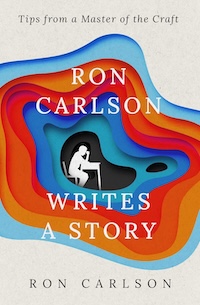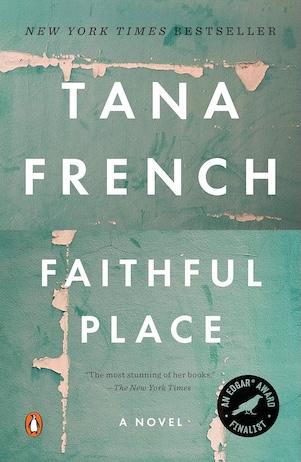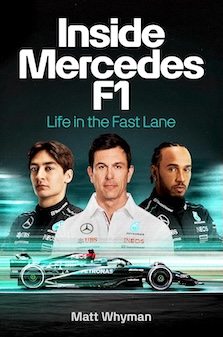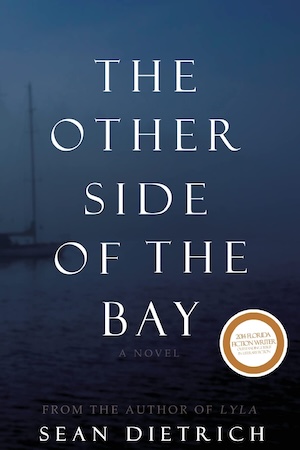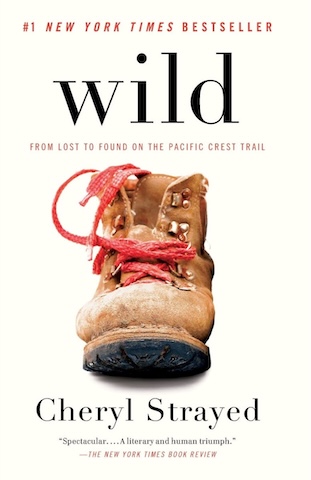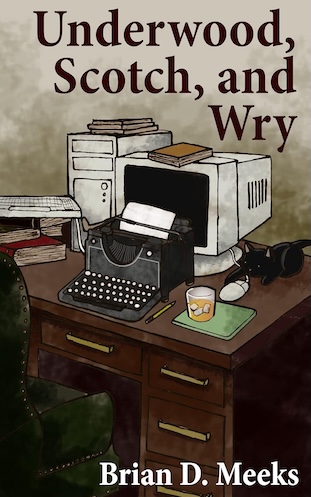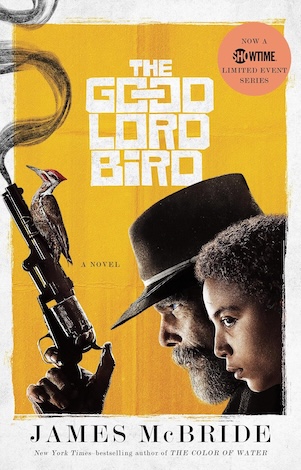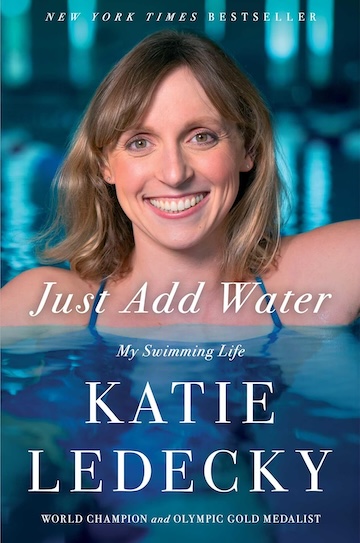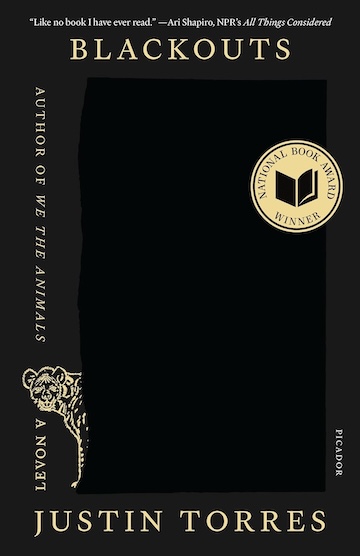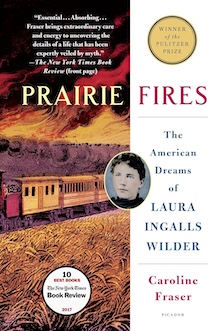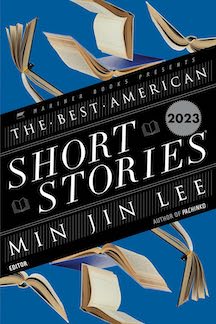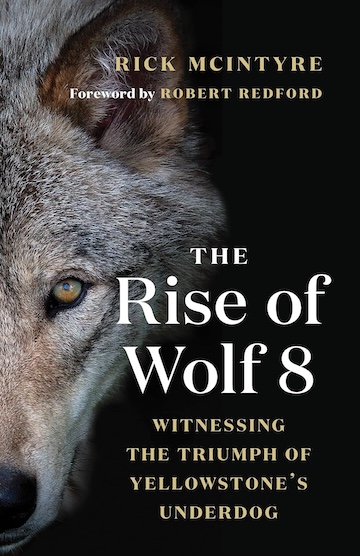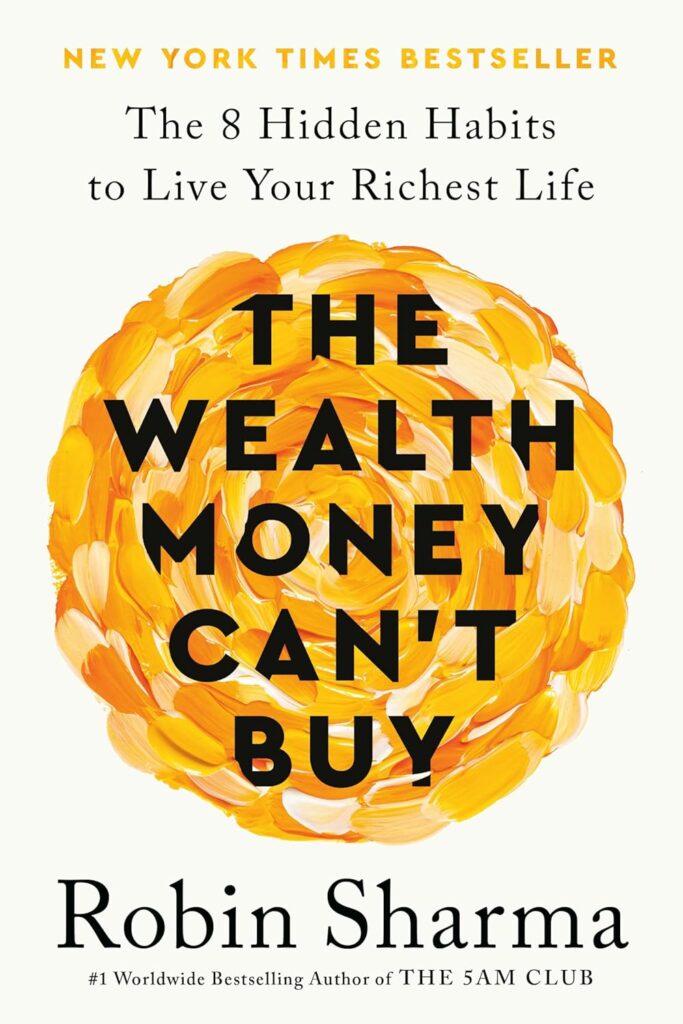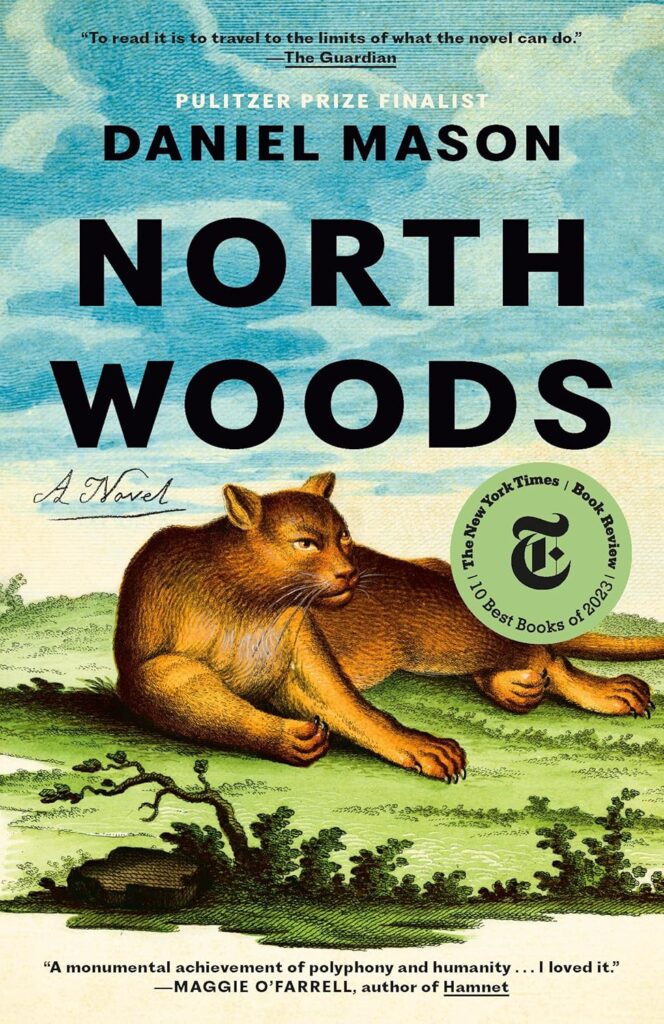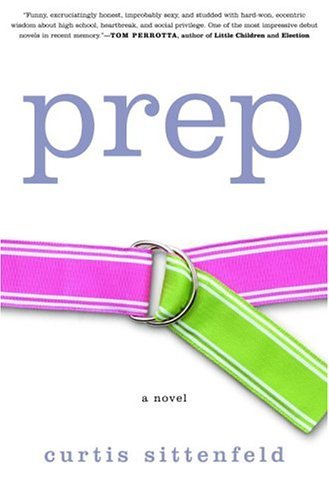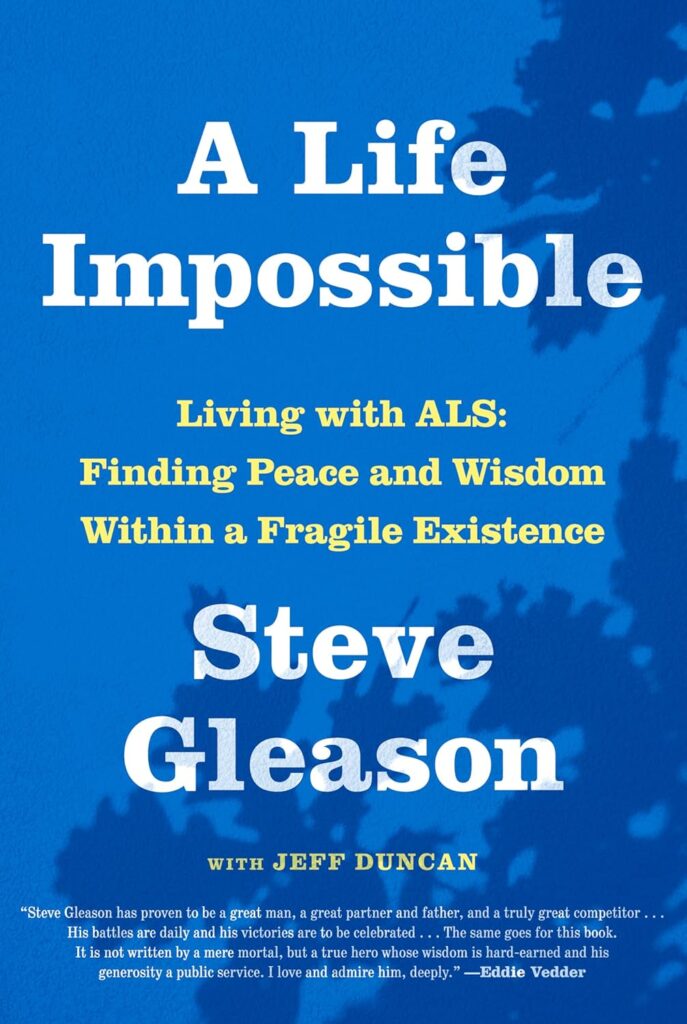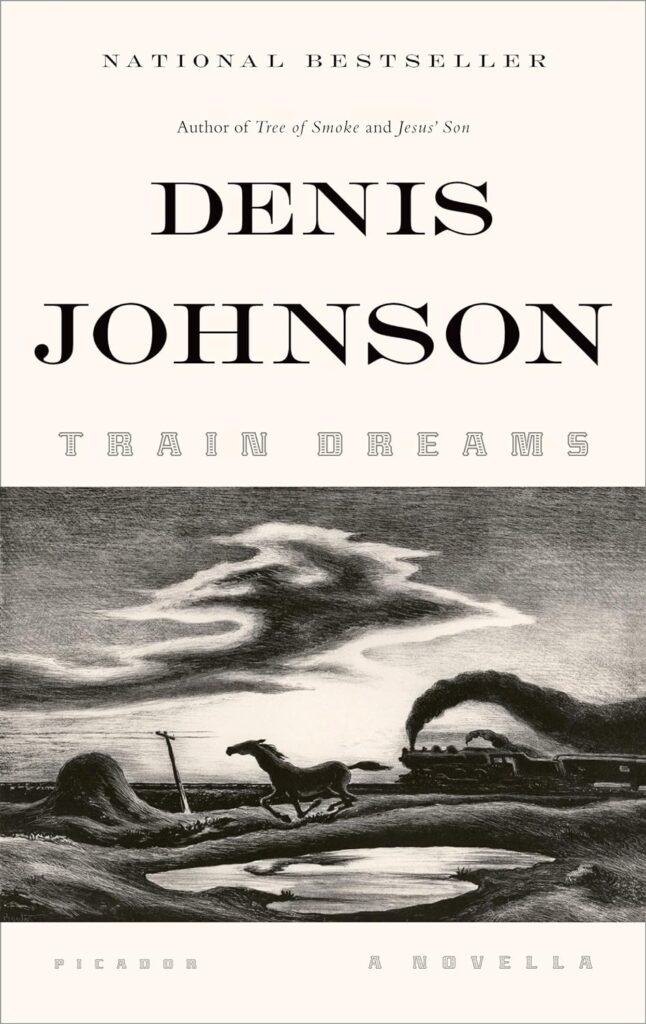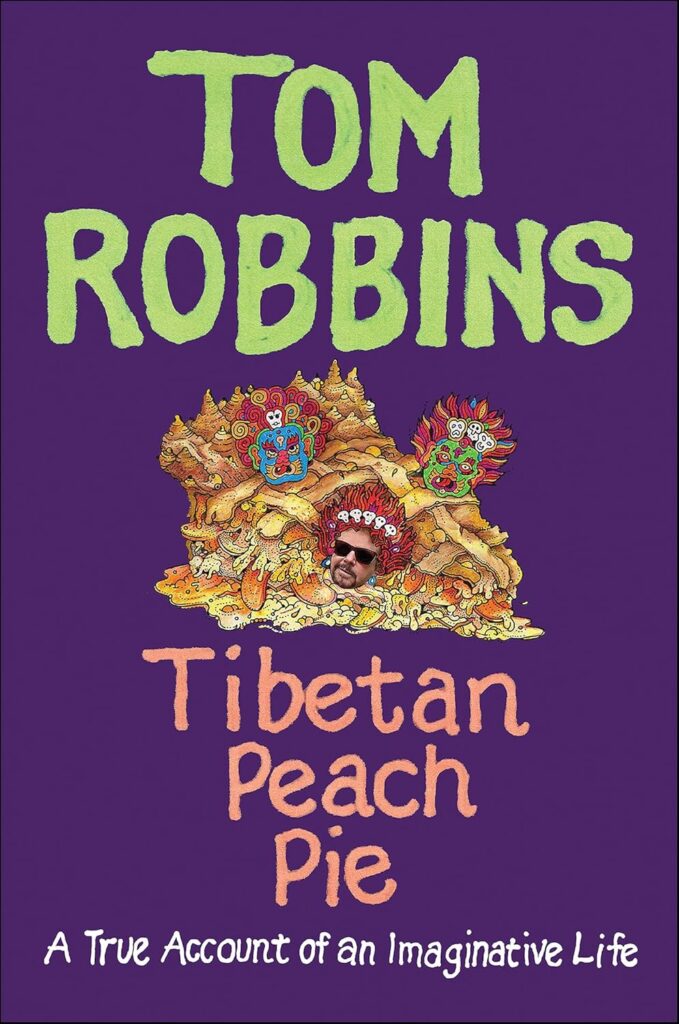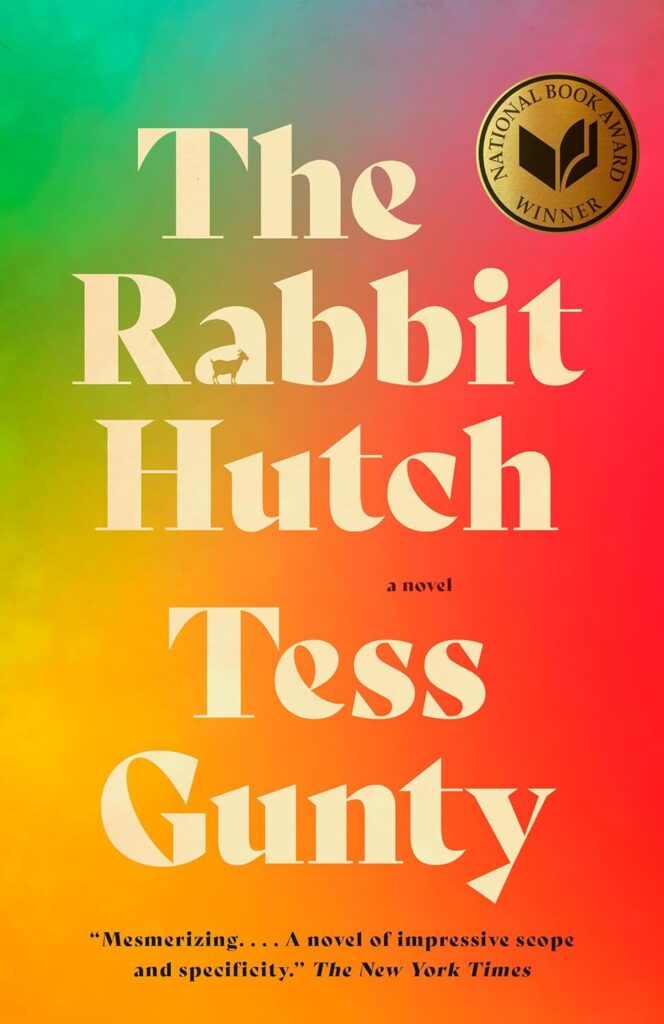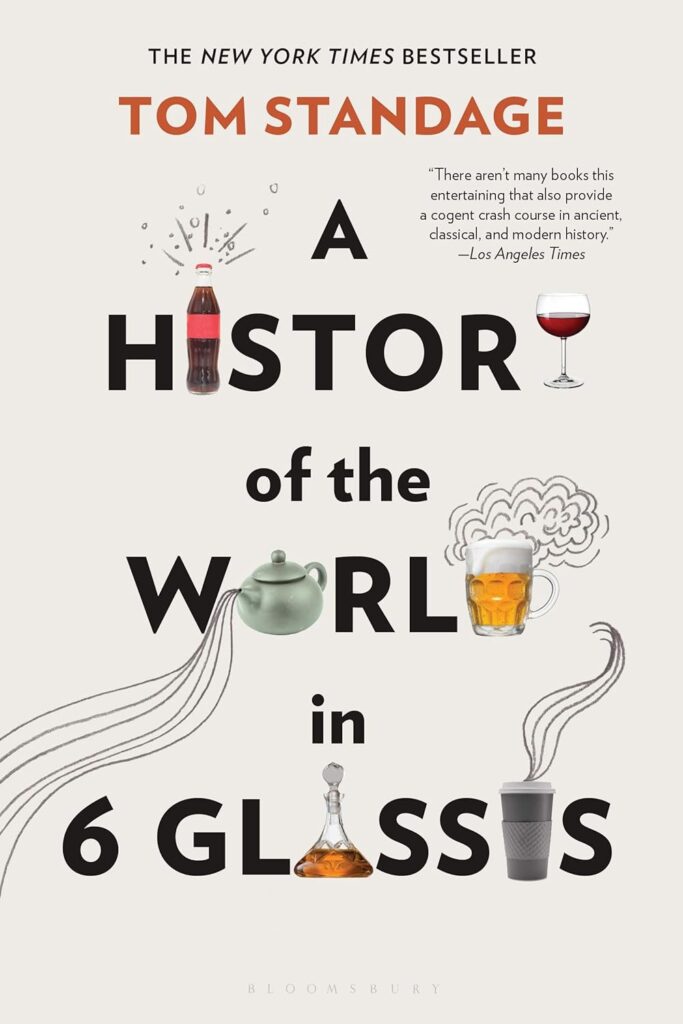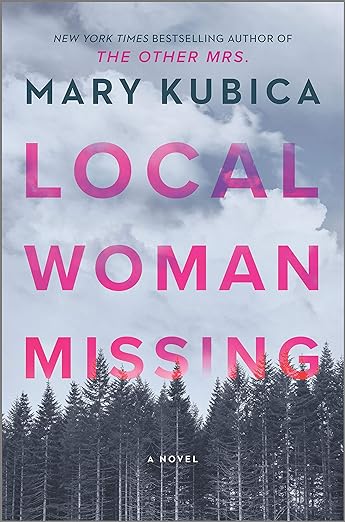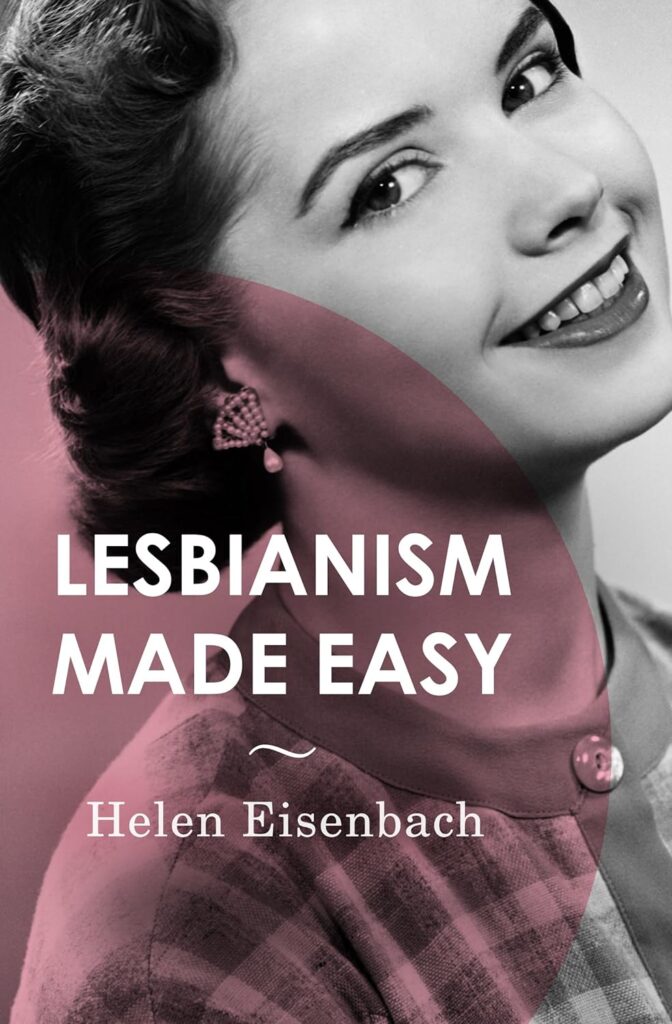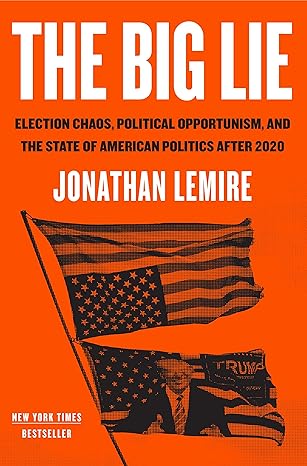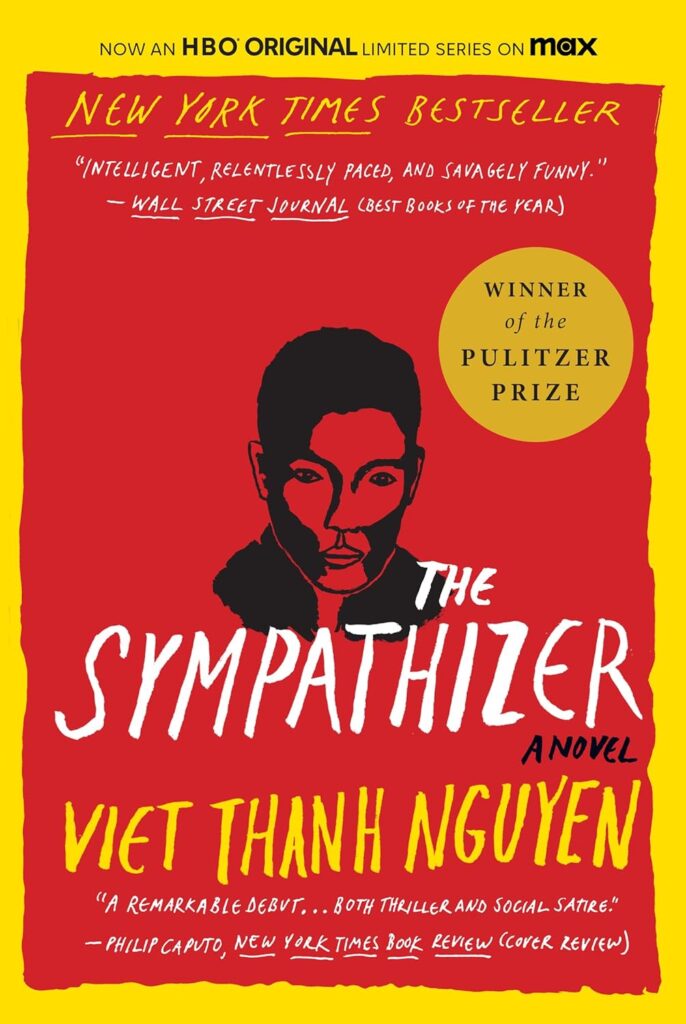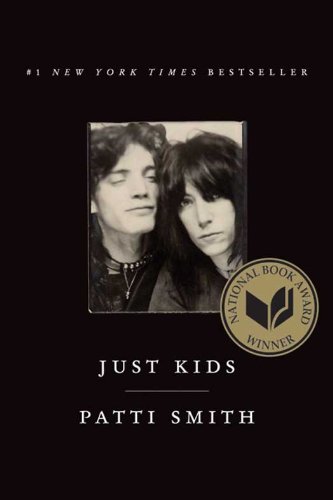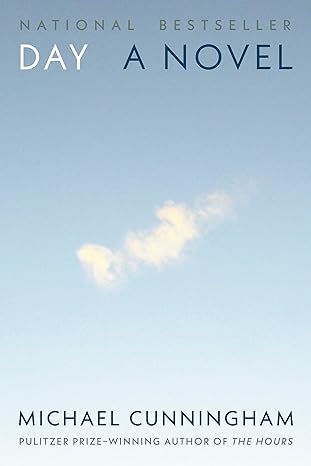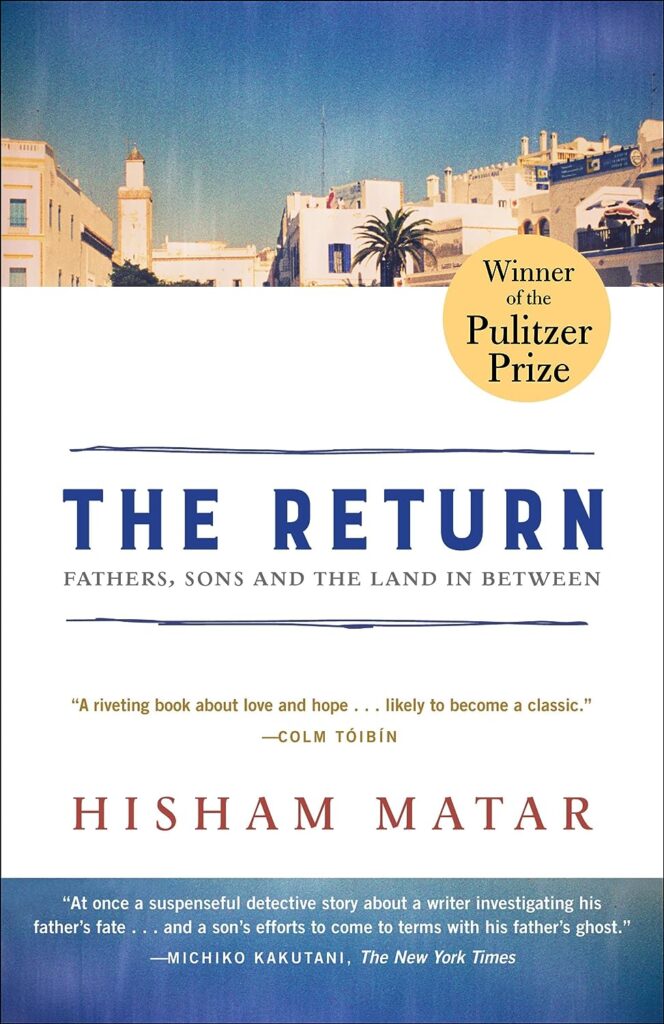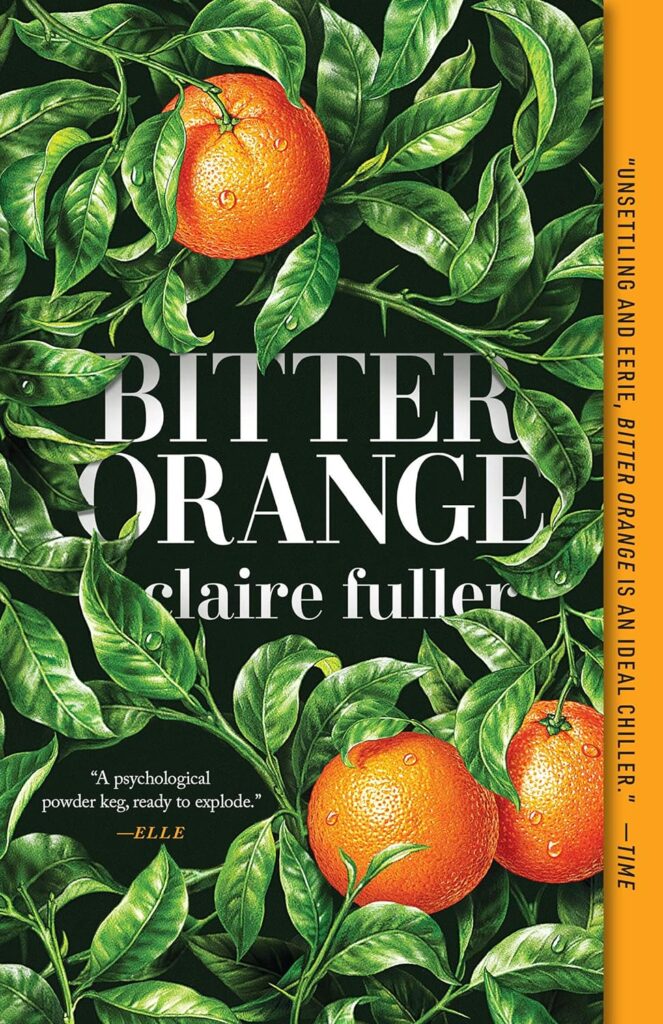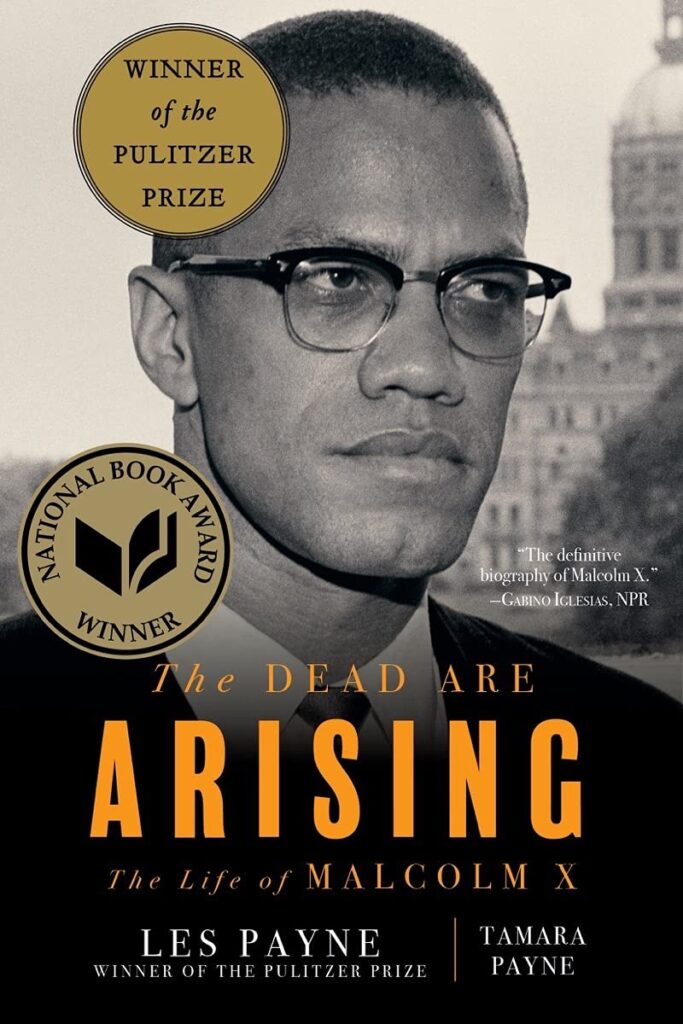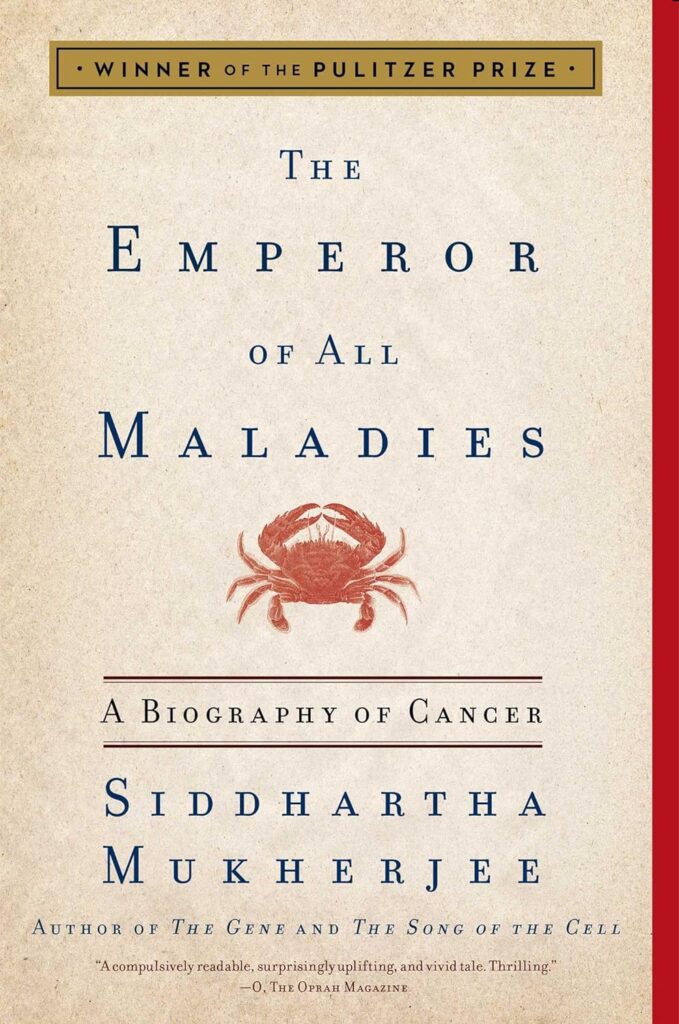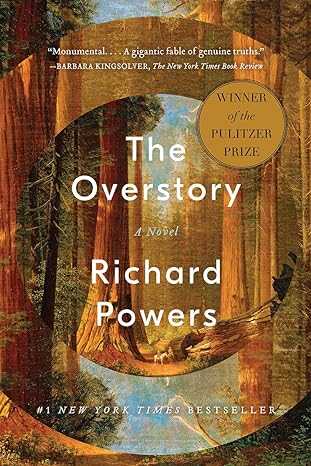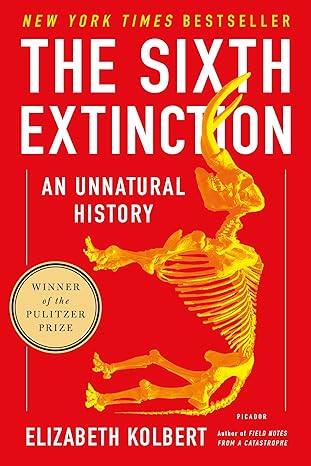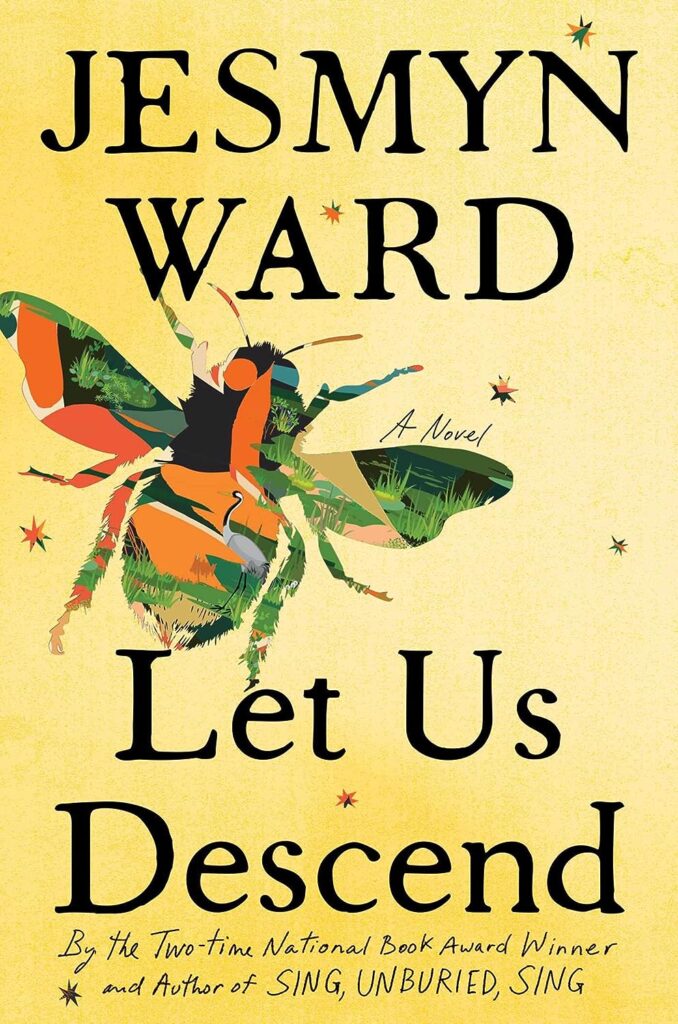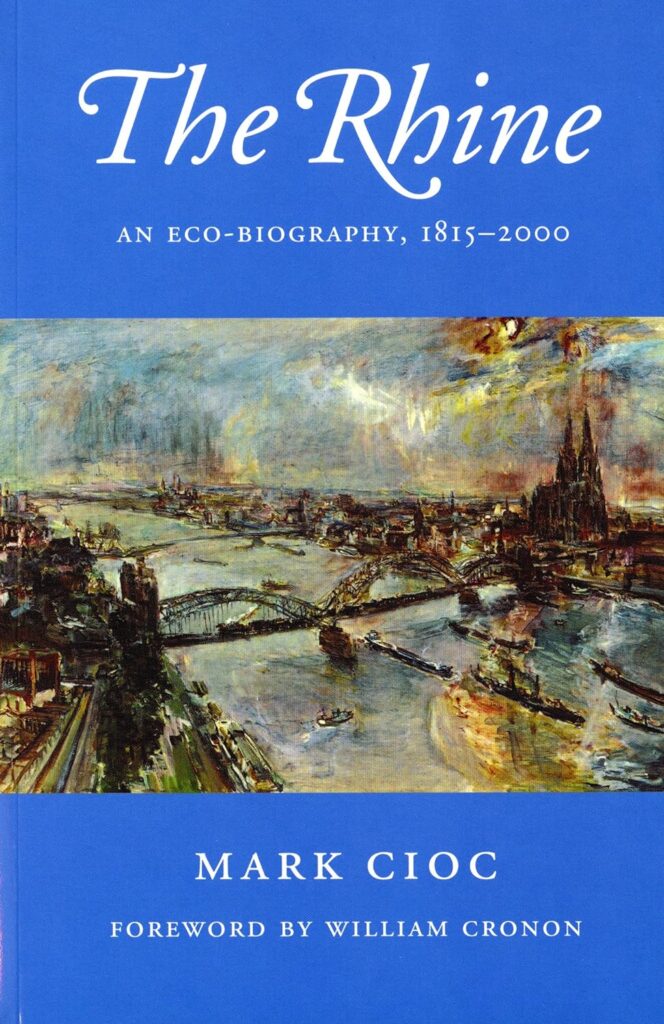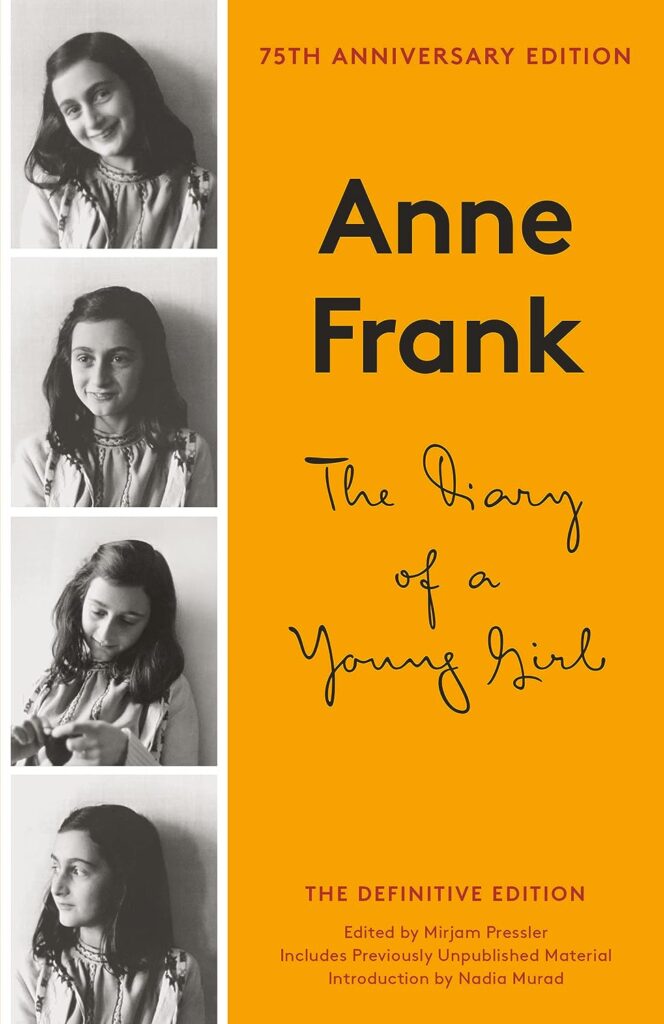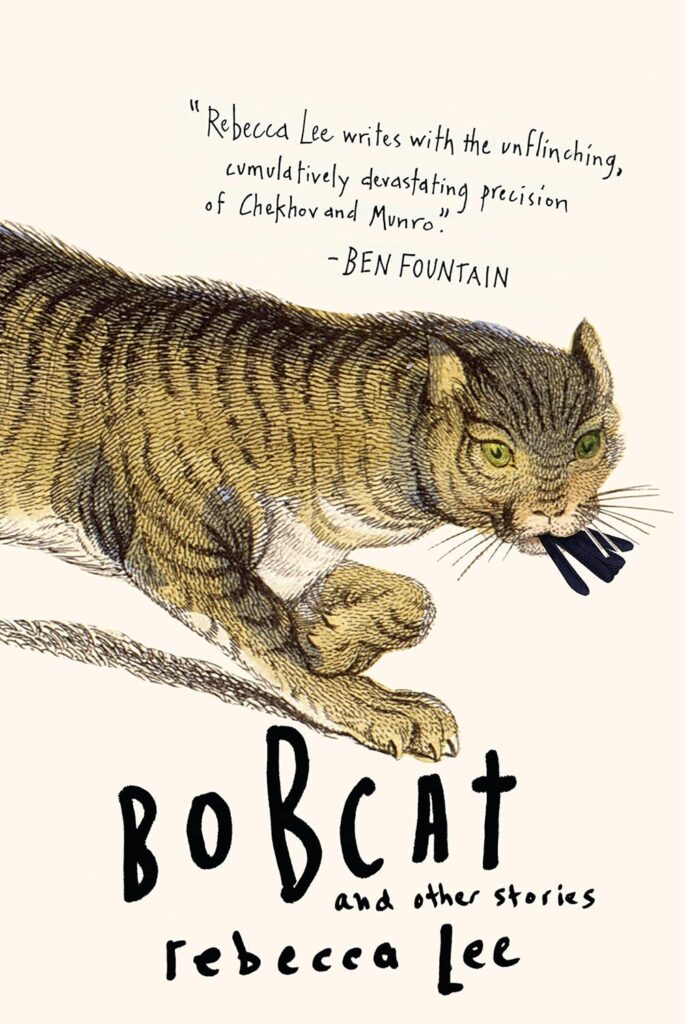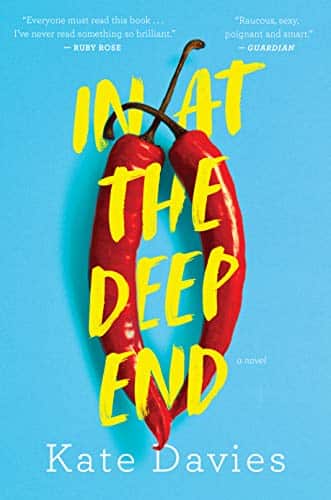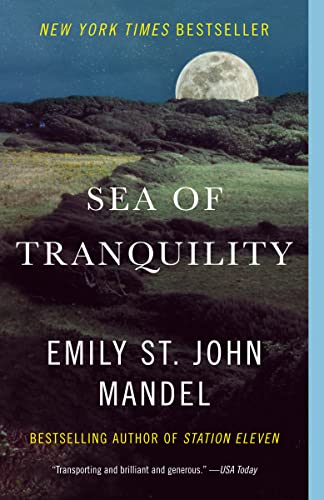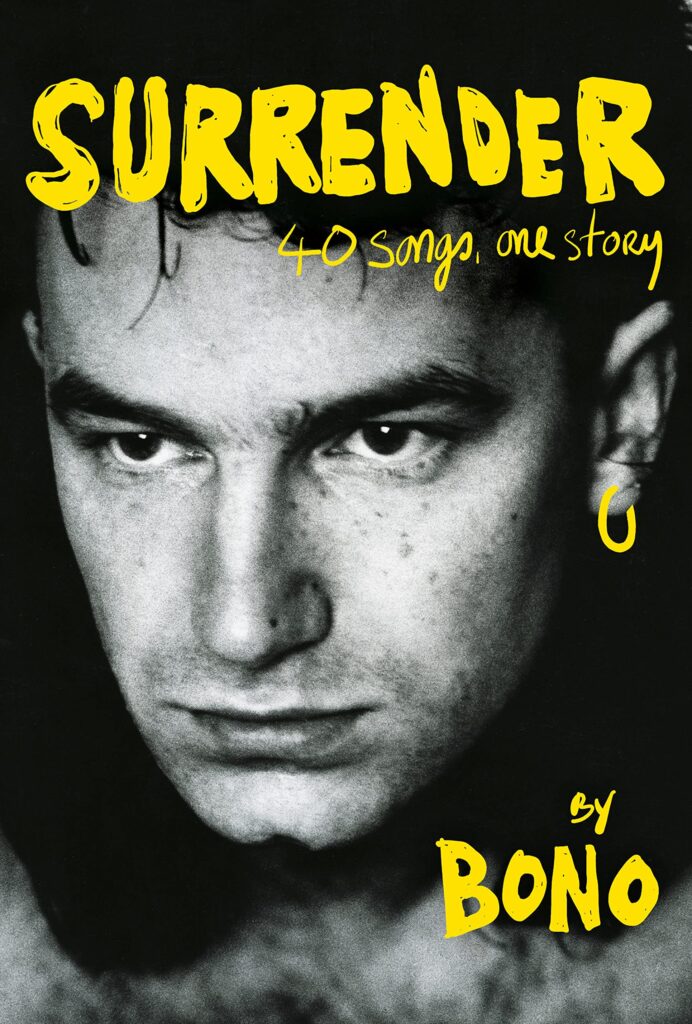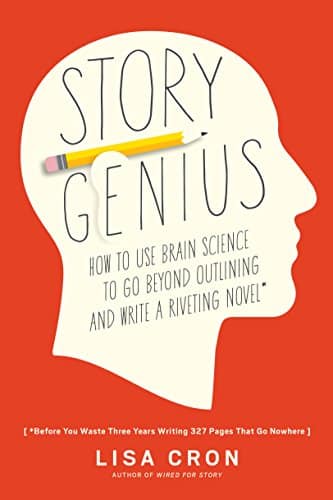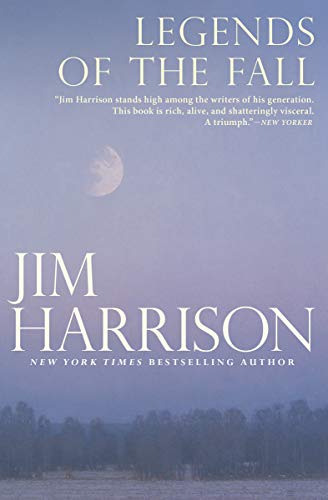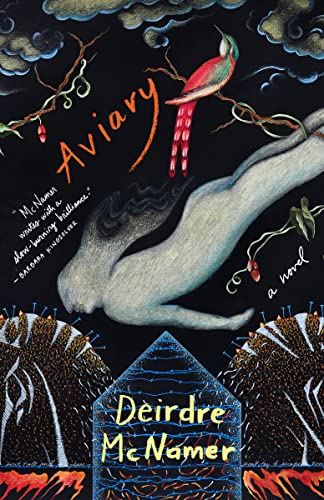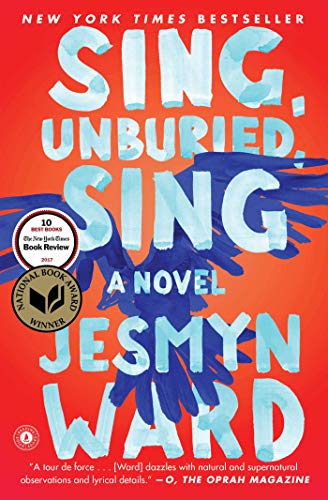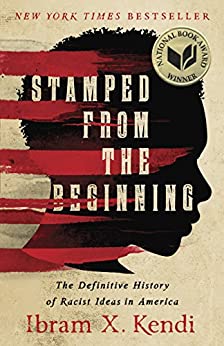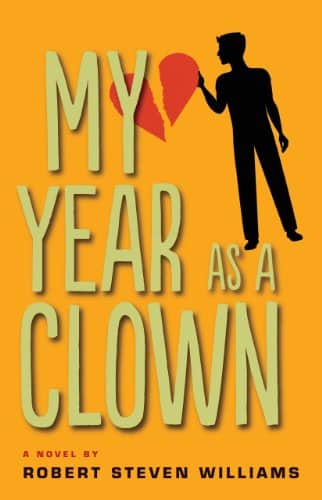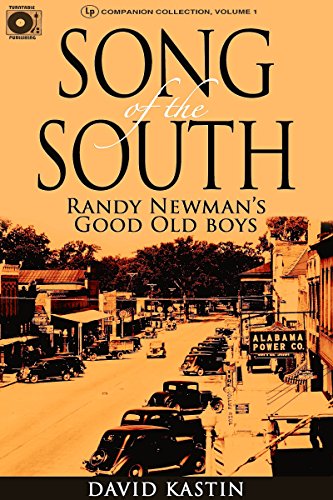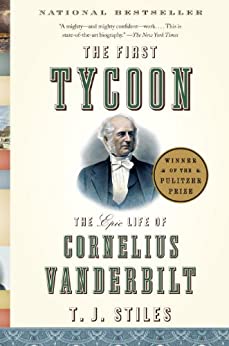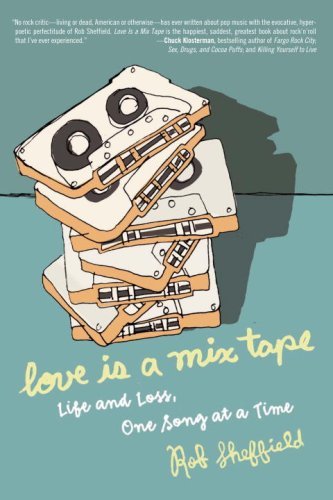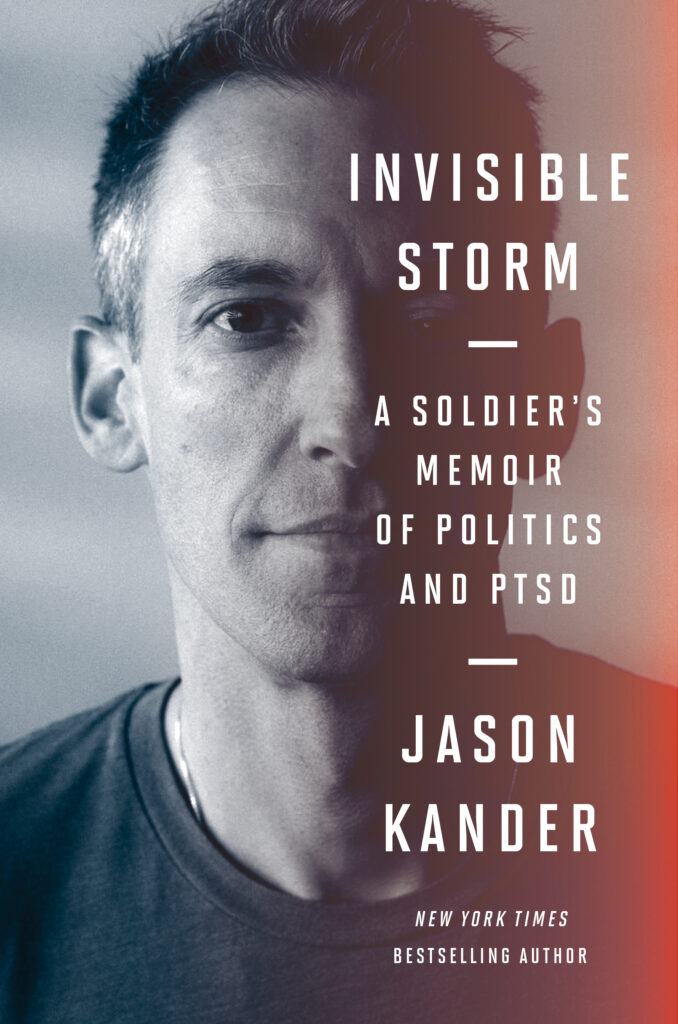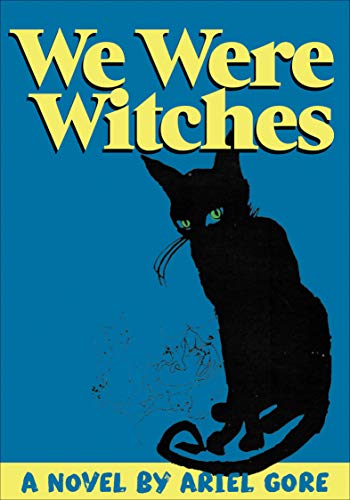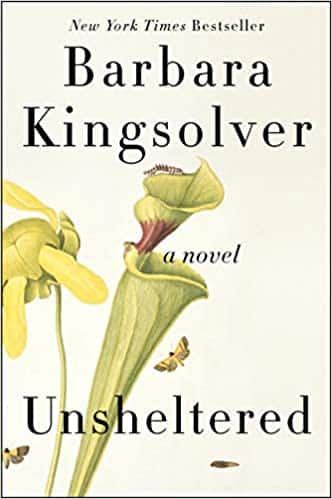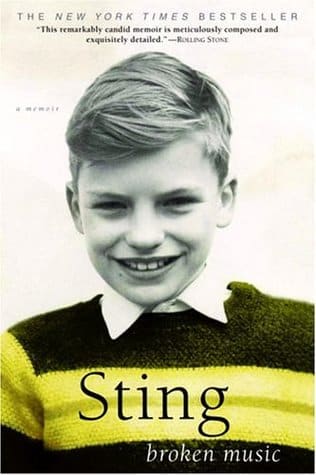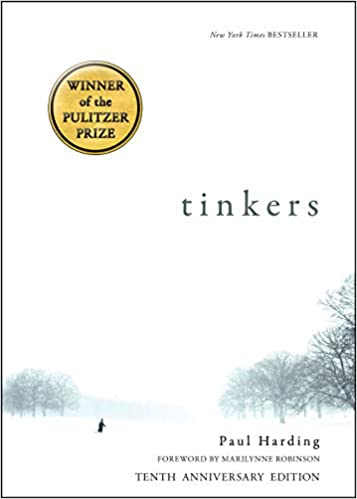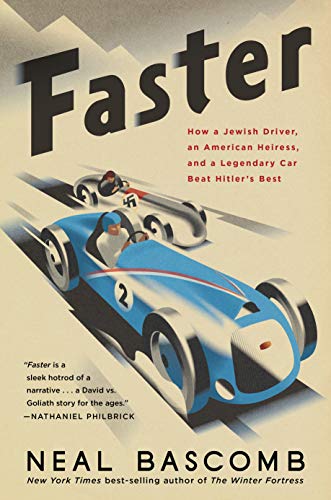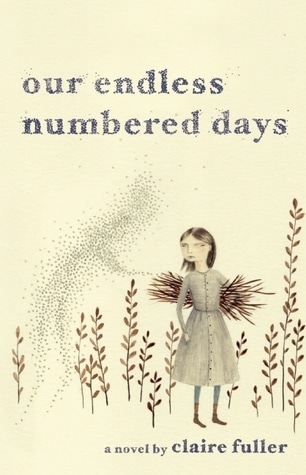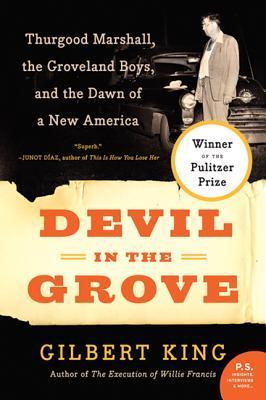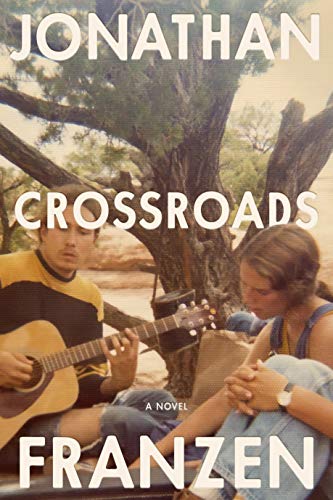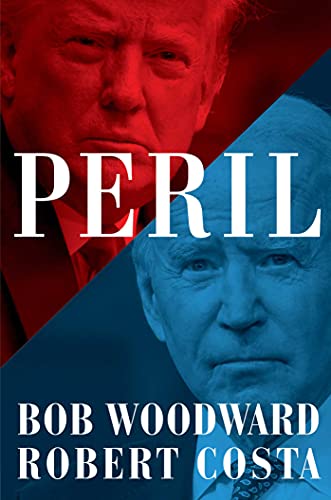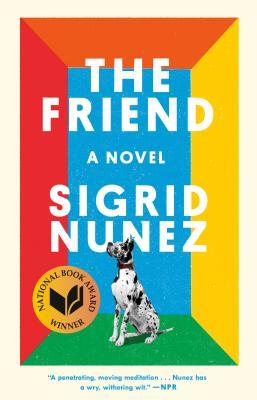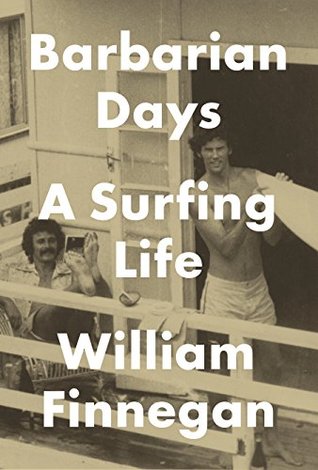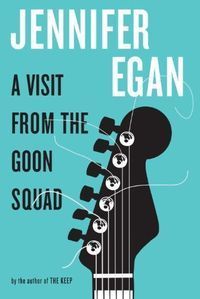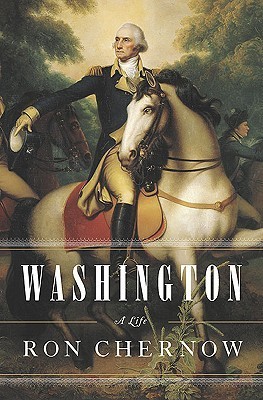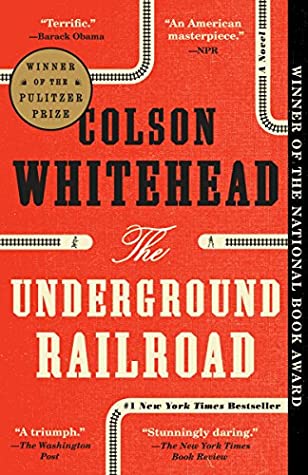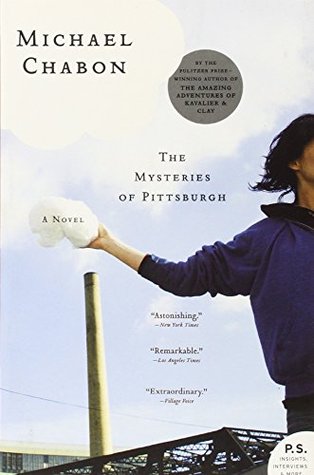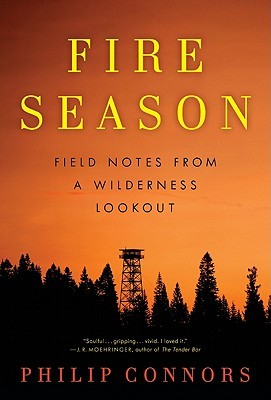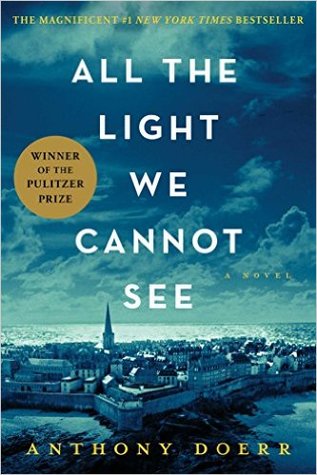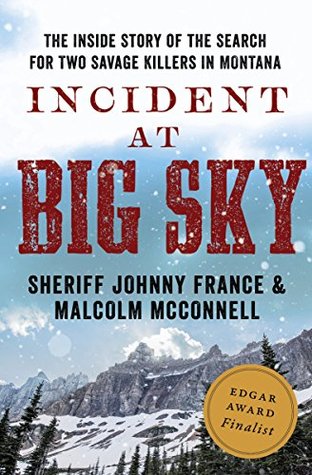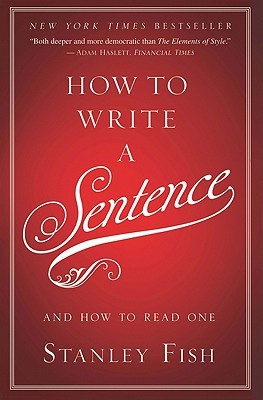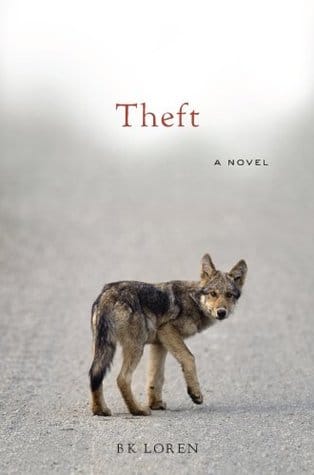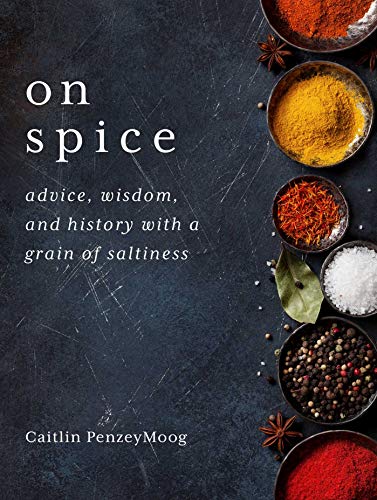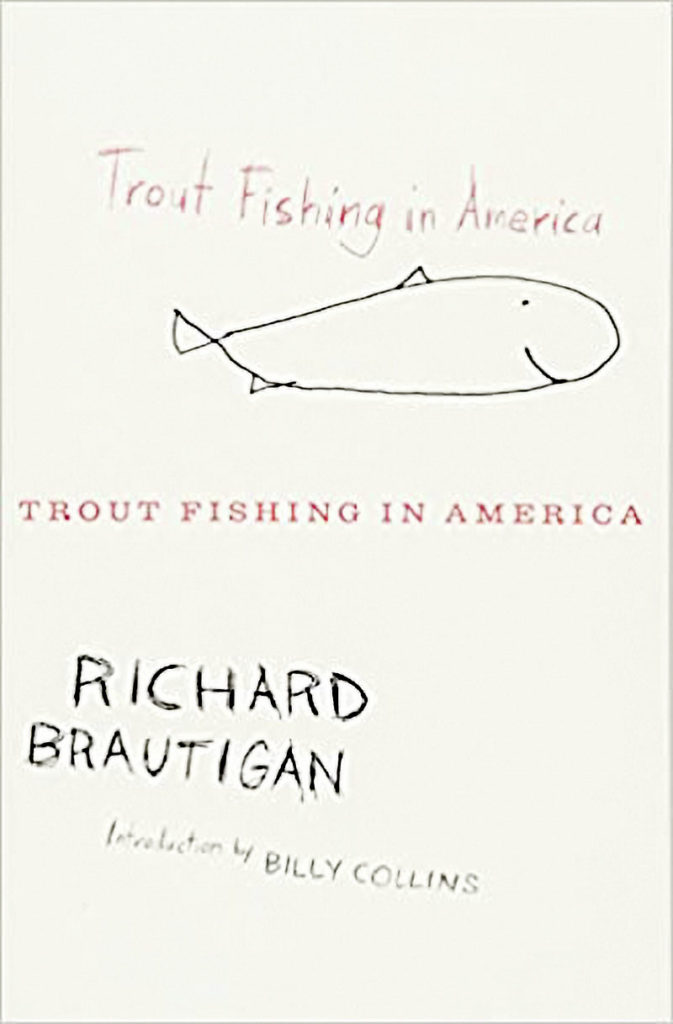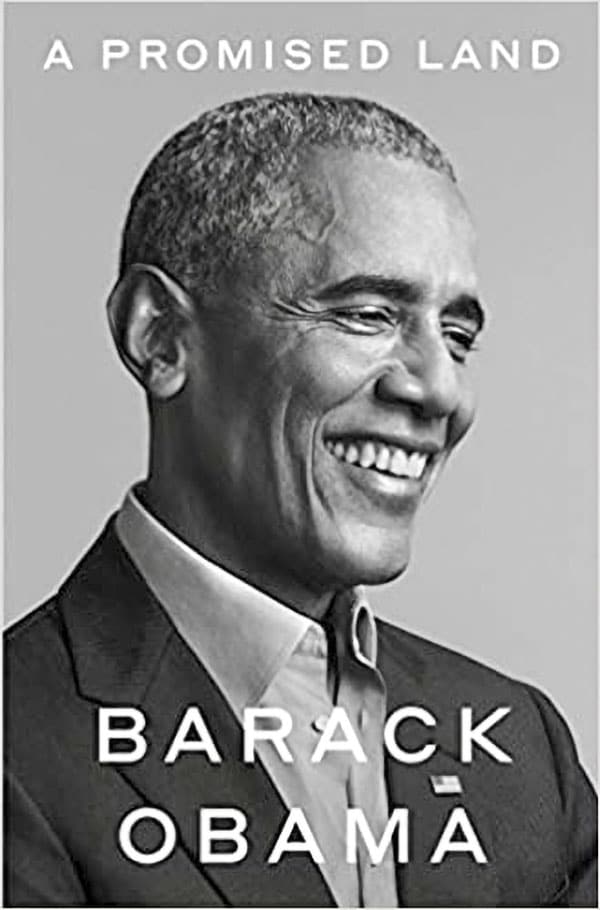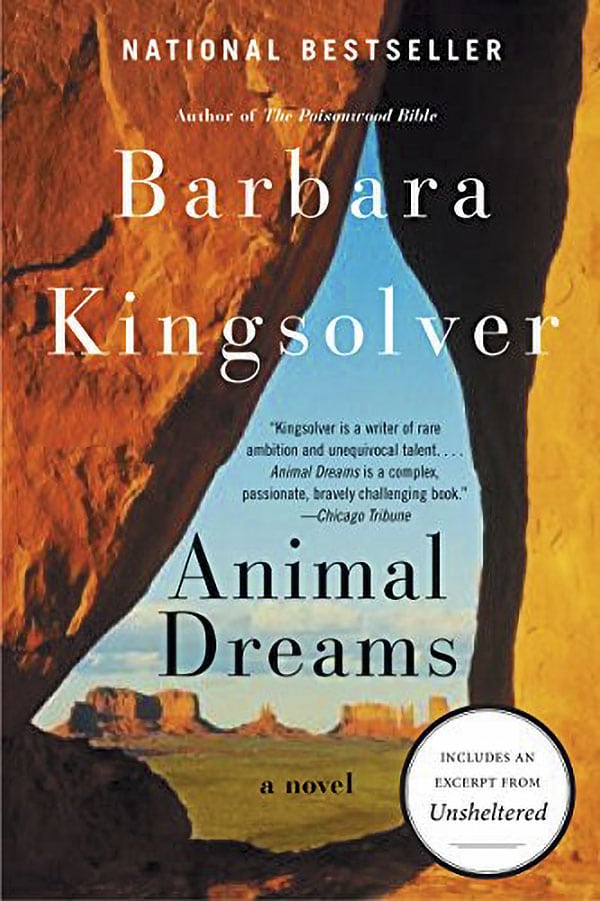Regular visitors to Shoulblog know that I write a lot about books I read. A regular feature has been posts with mini-reviews of my last five books, together with best guesses (invariably wrong) about the next five I would read. You can go back and read some of those posts here. These and other reading- and book-related posts can be found by checking the READING category.
Also, WordPress.com used to have a feature with a direct link to Goodreads, which placed a box on my home page with the book I was currently reading. Unfortunately, that feature no longer exists, at least not that I can find.
So the idea of this page—which you’ll always be able to access by clicking on the word READING in the upper right corner from anywhere on this site—is to combine those functions. My current book or books will show up first, followed by the most recent books I’ve read, along with my Goodreads review, if I bothered to write one (something which I’m trying to do more of). As with everything else on Shoulblog, I’ll try to keep refining and updating this page to hopefully make it more useful.
Currently Reading:
Evicted
By Matthew Desmond
Previously Read:
Ron Carlson Writes A Story
By Ron Carlson
I’ve read dozens of books about writing, but none like this one. Truth be told, I’d never heard of Ron Carlson before (although I may have read some of his work, because his bio says he’s been published in the Best American Short Stories series, of which I’m a fan), but the promise of this book was that Carlson takes you through the writing of a single short story and describes the thought processes that drive each plot turn. Mmmm, yes please. And that’s exactly what this little (122 pages) book turned out to be. In the divide between “pantsers” and “plotters,” he seems to be firmly in the first category, and that’s inspiring for me; I’ve always thought of myself as a plotter, but since I always seem to come up with beginnings of stories but never finish them because I can’t plot the endings, being a seat-of-the-pants writer seems more and more appealing. As for this book, I really enjoyed looking over his shoulder as he wrote the story.
Faithful Place
By Tana French
This is the third book in Tana French’s Dublin Murder Squad series, also the third from the series I’ve read. And I’m definitely going to read all six. I would call them sort of hybrids of the police procedural/psychological drama/murder mystery genres, but mainly what they are are highly character-driven stories that make you feel like you’re right there in Dublin. French is a fantastic writer and I’ve thoroughly enjoyed the three books I’ve read so far—even book 2 in the series, which had a completely outlandish premise but she made it work.
In this story, detective Francis Mackey—who works in undercover, not murder—has been estranged from his family for 20 years until the discovery of a long-lost suitcase in one of his teenage hangouts reels him back in. All of the characters and family dynamics are richly drawn and the story plays out to a satisfying conclusion. Five stars without reservation.
Inside Mercedes F1: Life In The Fast Lane
By Matt Whyman
I’ve been a fan of Formula 1 racing for several decades, and a big fan of Lewis Hamilton’s since he joined the circuit in 2007. Hamilton rewrote the record books while racing for the Mercedes F1 team, so when I saw this book I jumped at it.
The book follows the team for 18 months, from the start of the 2023 season to halfway through the 2024 season, and it delves into every aspect of the Mercedes F1 operation. Hint, the folks who are at the track on race weekends are only a small part of the team. The author had universal access both to the entire race-weekend operation and Mercedes F1’s two factories, in Brackley and Brixworth, England, and devoted major sections to the team’s state-of-the art simulator, wind tunnel, the traveling team headquarters that is assembled and disassembled each race weekend, and the engineering team that is designing the next year’s car during the current season. Not to mention the public face of the team, drivers Lewis Hamilton and George Russel and team principal Toto Wolff. In all, there are are hundreds of highly skilled people working to squeeze every bit of pace out of the car that they can, knowing that every other team is doing the same.
Forget Netflix’s “Drive To Survive,” which has become more of a cliche (or even worse, a joke) each season. This is the real deal, and it’s fascinating for an F1 fan. I think it would even be interesting to a non-fan, but I understand that there’s not really a reason for a non-fan to pick the book up in the first place.
It’s true that the author was given exceptional access, and the resulting book paints the team in a positive light. It doesn’t take a genius to recognize that those two facts are related. But the author avoids fawning and I think the portrait he paints is accurate, and the book gives us a look at a lot of behind-the-scenes activity that we might never know about otherwise.
The Other Side Of The Bay
By Sean Dietrich
Sean Dietrich is a writer/humorist based in northern Florida. This is his first novel, self-published, and, well, it shows. There were quite a few edits that could have been made, in my opinion. The story is about a sheriff’s deputy investigating what may or may not be a murder while navigating life in a very small panhandle town. The book is short—more of a novella or even a long short story than a novel—and told in very short chapters, alternating between past/background and the present story. It was a very quick read and was generally entertaining.
Wild: From Lost To Found on the Pacific Crest Trail
By Cheryl Strayed
This book has been on my to-read list since it came out in 2012 and several friends read it. Most people probably know the story; a woman reeling from her divorce and the death of her mother, decides to go “find herself” while hiking the Pacific Crest Trail from the Mojave Desert in California to the Columbia River in Oregon. Many people have also, no doubt, seen the movie based on the book, which came out in 2014. I’ve seen parts of the movie but not the whole thing, start to finish, and doing so did not hamper my enjoyment of the book one bit. This is a terrific story, well written and perfectly paced. Both the book and the movie feature numerous flashbacks to her life before the PCT hike; this can be difficult to pull off, but Strayed did a great job of balancing the history with the story of the hike. Really enjoyable read.
Underwood, Scotch & Wry
By Brian D. Meeks
On the positive side, this was a quick read.
However, the protagonist—and the author—think of themselves as exceptionally clever, and it gets old in a hurry.
The Rules Do Not Apply
By Ariel Levy
I heard a radio interview with the author several years ago and thought this might be an interesting book to read. I can’t remember, now, what piqued my interest. The book, a memoir, was certainly well-written—Levy’s a writer for the New Yorker—and the first half of the book went well. But then she started making some bad life decisions and spent an awful lot of pages trying to justify them and the book slowed down for me. Turns out the rules really do apply.
The Good Lord Bird
By James McBride
This novel follows a black boy, who, through a mistaken identification early on, lives as a girl for many years. Nicknamed “Onion,” he travels through slave territories in the 1850s, his/her life intersecting at various points with the legendary abolitionist John Brown, who is referred to as The Captain and The Old Man throughout the book. The climactic scenes take place around the raid on the U.S. arsenal at Harper’s Ferry that turned out to be a precursor to the Civil War.
And so this book was a mixture of fact and fiction, something that always makes me a little uncomfortable. I know this might be somewhat irrational on my part, but I guess the constant wondering about how much of this story is “true” nags at me and prevents me from fully immersing myself in the story.
That said, the book was well-written, with a strong protagonist/narrator in Onion, the nickname for the boy. On the whole, though, I found it a little slow and sometimes repetitive until about the last hundred pages, when the action really took off.
Just Add Water: My Swimming Life
By Katie Ledecky
Katie Ledecky, of course, is arguably one of the most dominant swimmers in the history of the sport. She has now won the 800 freestyle in four consecutive Olympic Games, with countless World Championships distance freestyle victories in between the Olympics. She is the only person to have won the Olympic women’s 1,5000 free, as that distance has only been swum in the last two games, at Tokyo and Paris.
I used to be a competitive swimmer (and I’m currently a recreational one), so I could be a little biased here, but I loved this book. This memoir of Ledecky’s swimming life is told with humility and honesty, and it brought back a lot of memories of what it’s like to grow up as a swimmer. I think the behind-the-scenes look at competing in the Olympics and other high-level events will be of interest to every sports fan.
Blackouts
By Justin Torres
This was certainly a strange book, and I’ve got to say I didn’t grasp all of what was going on. The central story involves an older man on his deathbed and in a lengthy conversation—lasting over weeks—with a younger man. They are both gay and the book has a lot of eroticism. There’s discussion of a decades-old study on “Sexual Variants,” which actually exists, as did the two women who supposedly raised the older man and were involved with the study; I looked them up after I finished the novel. So it was a little difficult to sort out what was fact and what was fiction. But I will say that the writing was great, and it held my interest throughout. “Dreamlike” is a word I’ve seen to describe the prose, and that certainly fits for large parts of the novel.
Prairie Fires: The American Dreams Of Laura Ingalls Wilder
By Caroline Fraser
I’ll say upfront that this is not a book I would have chosen to read, but for the fact that I have committed to reading all of the Pulitzer Prize-winning books in certain categories from the Twenty-Teens. This is a biography of Laura Ingalls Wilder, and I’ve never read her “Little House” books and almost certainly never will. Nor do I have much interest in the pioneer life described in her books, or in this book. Still, it was a comprehensive account of her life and that of her family, and I did enjoy the glimpse it gave of that period of American history.
Perhaps most interesting in the book was Wilder’s bizarre relationship with her daughter, Rose Lane. They were—at the same time—collaborators and literary rivals, loving mother/daughter and mutual antagonists, and financial supporters of each other while lending each other money, with interest. It makes for a strange subplot in a book that, overall, was decent, I guess, but again, not really my cup of T. Rounded up from 3-1/2 stars.
The Best American Short Stories 2023
Min Jin Lee, editor
Heidi Pitlor, series editor
I’ve always thought of this series of annual volumes as being the gold standard of short stories: the title is “Best,” after all. The series has been published for more than a century, and I have a number of the volumes on either my real bookshelves or my virtual shelves in my Kindle. However, the luster seems to be fading a little bit, at least for me. I keep (nerd alert!) a spreadsheet of the books and short stories I read, with ratings on a 1-10 scale. These 20 stories averaged just 7.05, barely a C. There was only one that I rated a 10, The Finest Moment by Tom Bissell, and three 9s, but there were also way too many 4s, 5s and 6s for me to say I loved this book.
The selection process is somewhat arbitrary; the series editor picks 120 stories from the universe of thousands of stories published in a given year., and then the annual editor—usually a well-known author—selects the final 20 for inclusion in the volume. This system can lead to some odd choices and uneven quality, year to year.
I’ll keep reading the series, but I’m also turning my attention to other, similar, anthologies, such as the O’Henry Awards.
The Rise of Wolf 8
By Rick McIntyre
This is a first book of a five-book series about the reintroduction of wolves into Yellowstone Park in the 1990s. The title character—all of the imported wolves and their descendants were assigned numbers—was the smallest of his litter and nobody predicted that he would survive, let alone become one of the leading alpha wolves among the packs that formed in the park. He exhibited compassionate leadership skills and was a talented hunter, and thus attracted the attention and admiration of McIntyre, the author of the series and a longtime National Park Service employee who observed the Yellowstone wolves for years and kept meticulous notes.
It was an interesting read, although Mcintyre doesn’t write with a lot of flair. He also tends to assign a lot of human emotions and characteristics to the wolves. Whether or not this is warranted, I can’t really say—he’s the wolf expert, not me—but it does seem a little facile at times. I’ll probably read the other books in the series, but I won’t rush out to do so.
Demon Copperhead
By Barbara Kingsolver
10 out of 10 stars if I could. I love everything that Kingsolver writes, and this one was no exception, even though it was quite different, in my mind, from much of her other work. In books like Flight Behavior and Prodigal Summer, I was blown away by her highly detailed descriptions of nature and natural processes. That’s almost completely absent in this 591-page book. What grabbed me here, though, was the language. The voice of the narrator—who picked up the nickname Demon Copperhead very early in the story—is completely unique and natural, right out of the hills of Virginia.
The book is a retelling of the Dickens novel David Copperfield, set in modern-day Appalachia. You don’t need to have read David Copperfield (I haven’t) to enjoy it. Demon is born into poverty and bounces around to several abusive foster homes before ultimately being caught up in the opioid crisis. It’s a poignant, masterfully written story, and absolutely deserving of the Pulitzer Prize for Fiction that it won in 2023.
The Wealth Money Can’t Buy
By Robin Sharma
My financial advisor gave this book to me as a gift upon my retirement in July. There’s very little in it about finances, though; as the title indicates, it’s about living a life in happiness that isn’t enumerated with a dollar sign. It’s divided into eight parts, or sort of a hierarchy of eight forms of wealth: growth, wellness, family, craft, money, community, adventure and service.
The book is written in tiny chapters—one to three pages each—small bites that make for easy reading (and easy bookmarking for points you might want to come back to in the future). On the whole, I’m not going to say I learned a whole lot from the book, but it was a nice read and it definitely gives one things to think about.
North Woods
By Daniel Mason
This was a fabulous book. It’s the story of a cabin in the woods of western Massachusetts, and the various inhabitants over hundreds of years, as well as a few other people who passed through over the years. Besides the location, their stories intersect in small and somewhat mysterious ways.
You can’t get bored reading it, because every section is written in a different style, point of view and even genre. Even the pulp/true-crime section was beautifully written.
Definitely a contender for my favorite novel of the year.
Prep
By Curtis Sittenfeld
l really liked this book, the first novel from Curtis Sittenfeld. It covers the prep-school career of Lee Fioria, a girl from South Bend, Ind., who attends an elite private high school in Massachusetts. Lee, who is on scholarship, perceives that the scholarship kids are looked down upon because they don’t come from wealthy families like most of the students there. It’s really a novel of social anxiety and social awkwardness—it felt very familiar to me.
I “discovered” Sittenfeld through her short stories, namely her collection You Think It, I’ll Say It, and now I’m going to work my way through her novels. She’s a brilliant writer who has perfect pitch when it comes to the inner monologue that goes on during an external dialogue. Prep was published in 2005, so I have a lot of catching up to do.
A Life Impossible
By Steve Gleason
This is a riveting memoir by Steve Gleason, former New Orleans Saints special-teams player who is best known—in his football career—for blocking a punt in the first game back in the Superdome following Hurricane Katrina, which led to a Saints victory and became a legendary moment in the city’s rebuilding.
Three years after he retired from football, however, Gleason was diagnosed with ALS and the story became much more harrowing. The book chronicles the gradual loss of almost all of his motor functions: the ability to move his arms and legs, to eat, to talk and even to breathe on his own. But with the help of his wife, Michel, and numerous benefactors, along with a relentlessly positive attitude, Gleason was able to not only learn to live with the loss of abilities, but serve as a source of hope for others similarly afflicted. He and Michel head up a foundation that helps people with ALS live life to their fullest, and his leadership earned him a Congressional Gold Medal, the U.S. government’s highest civilian honor.
The book, which doesn’t omit even the most intimate details of Gleason’s life with ALS, can be hard to read at times, but it’s also hard to put it down. Jeff Duncan, a New Orleans journalist, is listed as a coauthor, but it’s clear that Gleason did all of the writing himself, using highly sophisticated devices that can detect eye movement—the only way he can communicate now. A truly inspiring story.
Train Dreams
By Dennis Johnson
I can’t remember what it was, but I heard something favorable about this book years ago, probably around when it was published (in 2012), and the idea of it stuck in the back of my mind. I’ve had it on my to-read list ever since, and I was pleased to find out that it’s really a novella, rather than a full-length book (an easy one to check off the reading list!). In fact, I’ve probably read short stories that are longer; it’s 116 pages of fairly large type. I could probably have finished it in one sitting, but I read it very casually over four days.
It’s a nice little story, well written, about a man who makes a life in the Northwest in the early 20th century. He suffers a great loss fairly early on, but manages to carry on.
Tibetan Peach Pie
By Tom Robbins
Reading this book took me back to the early 1980s when I “discovered” Tom Robbins; I was hooked from the very first pages of Even Cowgirls Get The Blues. I’ve read almost all of his books since then, but it’s probably been 20 years since I last opened one of them.
Tibetan Peach Pie is Robbins’ memoir of his creative life, and, like Cowgirls and his other best novels, it was a joy to read. And that sounds like a cliche, but “joy” is a perfect word for Robbins’ prose. It may not be for everybody, but in my mind, his writing ranks as some of the most imaginative and, well, fun, fiction out there.
And in this memoir, he describes his creative life with the same exuberance that marks his fiction. It makes me want to go back and catch up on the few books of his I haven’t read, and revisit some of the other ones, in some cases for the third time.
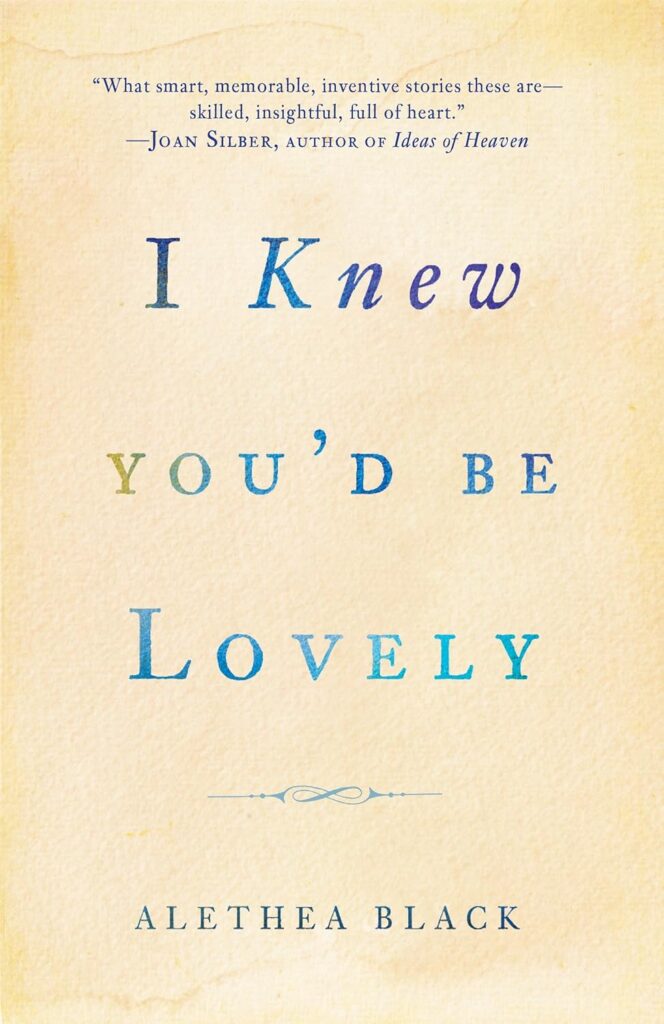
I Knew You’d Be Lovely
By Alethea Black
The 13 stories that make up this 2011 collection are uniformly brilliant and accessible—which is rare for short story collections, in my experience; usually there’s a clunker or two in the mix. In the spreadsheet where I keep track of my reading, I have almost all of them rated at 9 or 10 out of 10.
Favorites were: the title story, Mollusk Makes A Comeback, We’ve Got A Great Future Behind Us … but really, all of them were good. Unlike a lot of short stories these days, Black’s stories have well-defined beginnings and endings.
The Rabbit Hutch
By Tess Gunty
I’m not quite sure what I just read. This was a strange book, with a lot of psychotic characters. I guess you could say the different story lines came together in the end, but on the whole it really just wasn’t a book that I connected with.
A History of the World in 6 Glasses
By Tom Standage
Great premise: follow the history of human civilization through the story of six beverages that each had an outsize effect on shaping society through the years. The six beverages are: beer, wine, spirits (particularly rum), coffee, tea and Coca-Cola.
I found it interesting and informative. Beer became popular thousands of years ago in part because it was safer to drink than water, since to make it required boiling it. Also, beer became possible when man began farming grains in an organized manner. Several centuries later, wine became the lifeblood of Greek culture. The perfection of the distillation process, together with the rise of global shipping, led to easily transported spirits like rum and whiskey basically becoming currency, particularly in the slave trade. The Age of Reason was spawned by the introduction of coffee and the rise of coffeehouses, particularly in Europe, where the tavern alternatives became centers of commercial, political and intellectual exchange. Tea rose to prominence during the Industrial Revolution, and led to the establishment of new trade routes between Europe and China and India. And Coca-Cola’s global popularity coincided with the rise of the United States as a global superpower.
I felt like the beverage-as-catalyst-for-change theme became progressively weaker as the book went on, but on the whole it was an enjoyable read.
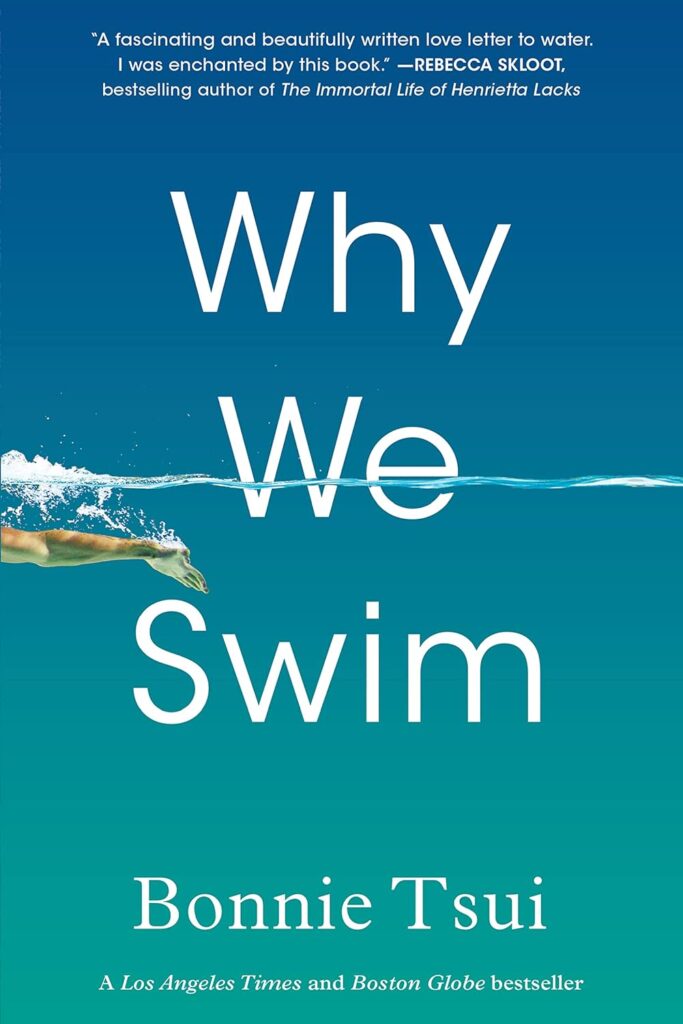
Why We Swim
By Bonnie Tsui
This book is a look at the many ways people interact with water. I was a swimmer through college and occasionally still dabble in lap swimming, so I was naturally interested.
A number of varieties of swimming are covered: long-distance ocean swimming, cold-water swimming, Samurai swimming, and of course, traditional pool-bases competitive swimming. The book also goes into the physiology and sociology of the sport, and the psychological benefits of immersion in water.
In short the book covered a lot of material in 277 pages, and it ended up with something of a scattershot feel. I loved the parts about competitive swimming, but my attention wandered during some of the other sections.
Local Woman Missing
By Mary Kubica
Lesbianism Made Easy
By Helen Eisenbach
After reading this book, I realize I’m probably not lesbian material. It was mostly a fun book, though: very funny and well-written, although there are a lot of very twisty sentences and the last third or so bogged down somewhat.
The Big Lie
By Jonathan Lemire
‘The Big Lie’ in the title refers to Donald Trump’s insistence that he won the 2020 election—despite all of the evidence and court rulings to the contrary—and this book is a wrap-up of everything Trump and his cronies did to try to overturn the actual result.
As the book details, the roots of The Big Lie date back to 2016, when Trump declared that he wouldn’t accept the results of that election if he lost. Surprise! He won, but that didn’t stop him from continuing to try to undermine our election institutions, especially as his 2020 re-election campaign approached. Once he—no surprise!—lost in November 2020, he wallowed in his self-pity for a short while, but then, with the help of some decidedly kooky advisers, cooked up a cauldron of wild theories to try to create enough doubt over the official results to throw the election into the House of Representatives. We all know how that turned out.
There’s not a lot of new ground broken here; anyone who watched the news over the last four years saw it all play out in real time. But this book is a nice compendium of everything that was done.
The Sympathizer
By Viet Thanh Nguyen
This book—about a Communist spy who infiltrates the South Vietnamese Army—wasn’t my favorite. It did have its good points: it was generally well-written, with a generous amount of smart-assery and constant digs at Western stereotyping of Asians. On the downside, though, the author didn’t use quotation marks, which was a minor annoyance. Generally I was able to follow the conversations, but I would just ask, why?
Of more concern was the subject matter. There were stomach-turning scenes of rape, murder and torture, and they made up a large portion of the book. I guess this wasn’t a problem for the Pulitzer judges—or the folks at HBO—but it was for me and I can’t really recommend the book.
Just Kids
By Patti Smith
I was never a huge fan of Patti Smith’s, never bought any of her records. But this book, a memoir of her relationship with artist/photographer Robert Mapplethorpe, won a National Book Award and thus found its way onto my “Books From The Teens” reading list.
I think of Smith as a rock star, but she is actually a poet who learned to play guitar. The rock-music years are barely touched on in this book, which mainly covers the late ‘60s and early ‘70s, when Smith and Mapplethorpe were struggling artists living in or near the Chelsea Hotel in Manhattan, falling in with other struggling artists and musicians there and in Andy Warhol’s circle. In addition to her poetry, Smith was writing a lot for rock music magazines. She definitely has writing chops, and the book was an enjoyable read.
Day
By Michael Cunningham
This story follows a group of people—loosely, a family—on one day over three consecutive years. The day is April 5 (which is why I chose to read it at this time), and the years are 2019, 2020 and 2021. In other words, “normal” life, COVID life, and post-COVID life. The point of view shifts between all of the characters, even an imaginary character who has a fake Instagram account.
The overall tone of the book is somewhat dark—many of the characters don’t feel like they fit very well in their current situations—so it isn’t exactly uplifting reading. And it feels, sometimes, like it’s a little TOO intimate, like we’re going too deep inside the characters, particularly late in the first of the three parts. But it comes together well in parts two and three, so that’s a really minor complaint. Throughout, the writing is beautiful as always from Cunningham.
The Return: Fathers, Sons And The Land In Between
By Hisham Matar
Author Hisham Matar was born in New York, but his home, and that of his father and grandfather, is Libya.
Libya is a country I don’t think about much, and to be honest I wouldn’t have been able to point it out on a map before I got into this book. But this book was a Pulitzer Prize winner in 2017, so it’s on my “Books From The Teens” reading list, and I decided to read it after my son became a father recently.
Man, did it deserve that Pulitzer.
The author’s father was imprisoned by the Muammar Gaddafi regime for more than 20 years, and then communications from him stopped suddenly. The story told in this book is of Hisham’s return to Libya to try to find out what happened, by visiting family members who were also imprisoned and others who knew his father, and even people in the regime. The result is a powerful and beautifully written story, one that will definitely be on my list of my favorite reads this year.
Bitter Orange
By Claire Fuller
I really enjoyed this book. The story is a young woman, somewhat adrift after the death of her mother, takes a job cataloging the gardens and architecture of a large English country estate for an American who has just bought it. She spends the summer there writing the report, and meets two other people who are also tasked with writing a report for the absentee estate owner.
Claire Fuller’s beautiful and highly descriptive writing doesn’t get in the way of the plot, which involves a slowly unfolding mystery told by multiple unreliable narrators. Let’s just say the reports don’t get written.
This is the third novel I’ve read by Fuller who, in addition to writing fantastic books, is a great follow on Goodreads.
The Dead Are Arising
By Max Payne and Tamara Payne
Going in, I knew very little about Malcolm X, other than that he was the “other” black civil rights leader in the 1960s who was murdered. I never read his autobiography, which seems to be required reading in high school these days, nor have I seen any of the biopics about him, although I now plan to. Reading this book, it would have been helpful to have read the autobiography first, because it seemed like the authors almost assumed that familiarity with Malcolm’s story.
That said, this was a comprehensive biography, the result of almost 30 years of research by the author, Max Payne—a Pulitzer Prize-winning journalist—and, following his death in 2018, his daughter and principal researcher. The voluminous research shows—just about everybody who ever interacted with Malcolm was interviewed, it seems.
The result, though, is perhaps TOO long (530 pages, before all of the back-pages addenda), and I felt the narrative was a little uneven at times; there were several instances of things that didn’t seem to fit with the surrounding content, but might be explained later on. And I felt like the split between Malcolm and the Nation of Islam wasn’t explained fully; I get that they had their differences and went their separate ways, even becoming rivals, but the transition from that, to the Nation of Islam making plans for, and ultimately carrying out, his murder, just seemed too abrupt to me.
An interesting read, for sure, but it could have been tightened up a little.
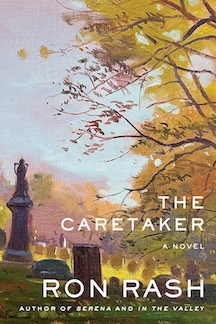
The Caretaker
By Ron Rash
North Carolina, during the Korean War. That’s the setting and I really don’t want to say much more than that, because I don’t want to give away any of the drama of this delicious story. OK, this: because of circumstances beyond their control, some of the characters in the story have very different—even opposite—realities. Or at least perceptions of their realities. It all leads to an absolute page-turner and an enjoyable read.
I received this book as a gift and might not have heard of the author otherwise, but I’ll definitely be exploring more of his work.
The Emperor Of All Maladies
By Siddhartha Mukherjee
First of all, the title is wrong. It’s not a biography of cancer, but rather a history of the fight against cancer.
I had mixed feelings about this book. I didn’t feel it was well organized; the prologue is one leukemia patient named Carla, but then the book takes us back to the early efforts to figure out what cancer is and the shot-in-the-dark treatments. Then, after a hundred or so pages, we get an update on Carla. We see her again several times throughout the book, but her appearances seem almost random.
The story of the evolving treatments of cancer gains steam as the book gets to the 20th century, as chemotherapy and radiation therapy come into their own to replace, or at least supplement, the brute-force surgery that had predominated. But for much of the book, the story is all about the science and not about the patients; except for the short Carla updates, it all seemed very impersonal, very antiseptic, until the last few chapters, when the author talked more about some of his own patients.
About the last third of the book was a deep dive into genetics. Some of the most successful and promising treatments are happening on the chromosome and gene level, but I have to admit that much of this discussion went over my head. Others with a more scientific bent might enjoy that, but I just had to speed through a lot of it.
This book won a Pulitzer Prize for general nonfiction in 2012, earning it a spot on my “Books from the Teens” reading list.
The Overstory
By Richard Powers
It’s hard to sum this book up; there’s a lot going on, a lot of characters to keep track of. They all have good stories, and in fact, the first half of the book was like reading a series of short stories. All of the stories involved, in some way, trees. And as trees became more and more a part of the overall story, it became clear what many of the human characters understood—that the story is really ABOUT the trees: the vital role they play in our biology and our culture; the mostly unrecognized way they interact with the millions of other species on the planet; and how our history is an awful lot more than just human history.
If I had one quibble with the book, it’s that the plots of the many human stories didn’t intersect in the end as much as I thought they would. But it’s a minor quibble, because thematically the book is solid.
At times the book reminded me of the Monkey Wrench Gang by Edward Abbey, and its sequal, Heyduke Lives! I think if you liked this one, you’d like those, and vice versa.
The Overstory won the Pulitzer Prize for fiction in 2019, which qualified it for my Books from the Teens list. It was a great way to start off my reading year in 2024.
The Sixth Extinction
By Elizabeth Kolbert
This was an eye-opening book about mass extinctions that have taken place on Earth over its long history, and about the one that’s happening right now. Others were caused by things like meteor strikes or ice ages; the author puts the blame for the current one squarely on Homo Sapiens. And of course human-caused climate change is a big part of the problem, but there are plenty of other factors, like ocean acidification caused by increased carbon levels, the loss of biodiversity as habitat like rain forests is converted for human use; and the spread of non-native species around the globe because of human travel. The book is steeped in science, but it’s easy to follow for a layman like me. Highly recommended for both science lovers and science deniers alike (the former will appreciate it; the latter might learn something).
Let Us Descend
By Jesmyn Ward
Another fabulous novel from Jasmyn Ward. It’s a first-person narrative of a girl, Annis, born into slavery. First her mother is sold and taken away, and then Annis herself is made to walk, bound to other enslaved people, from the Carolinas to New Orleans, where they are sold off, and Annis ends up on a sugar plantation. Along the way she meets some interesting characters, both from her world and the world of spirits. Annis and all of the characters are well-drawn and once I got into the book I didn’t want to put it down—and also didn’t want it to end.
I actually won this book in a Goodreads giveaway. I’ve entered probably dozens of giveaways over the years and never thought I’d win one, but I guess I got lucky this time. They didn’t even require a review, but I’m happy to give this book five stars.
Dogfight
By Michael Knight
The Rhine: An Eco-Biography
By Mark Cioc
As its title indicates, this is a look at the history of development along, and changes to, the Rhine River, covering the years 1815-2000. The Rhine, which starts in the Swiss Alps and runs along or through France and Germany on its way to its mouth in the Netherlands, is possibly the most industrialized major river in the world, and this book outlines all of the changes—from early attempts to tame and straighten it, through the growth of polluting industries along its banks, to more recent efforts to clean up the river and restore some of the floodplain and wildlife habitat that were all but decimated over the years. Many other rivers, like the Mississippi and Ohio in the United States, have undergone similar cycles, although not to the extent of the Rhine.
I’ll be visiting the Rhine in a few weeks, so this book was of special interest to me.
The reading was a little thick, with a lot of place names and river names, but the overall story was fascinating and universal.
The Diary Of A Young Girl
By Anne Frank
OK, probably everyone else has already read this book already, but I never did until now, and the thing that spurred me to do so is that we will be in Amsterdam in a few weeks (although probably not doing the tour of the Anne Frank house. This was both a fun book to read and a difficult book to read. Fun because this young girl—who was actually a very good writer—shared everything about her life, even budding adolescent romances, with unflagging optimism. There were low points, of course, but on the whole she seemed to stay positive that the occupation would end and they’d be able to emerge from the Annex into a normal life again. It was difficult because you, the reader, knew the whole time that it wouldn’t end that way.
100 Ways To Train The Perfect Dog
By Sarah Fisher and Marie Miller
This was an OK dog-training book, I guess. Let me say first off that we have two dogs, Daisy, a Parson Russell terrier who has no interest in being trained, and Sam, a golden retriever mix who wants more than anything else to be a Good Boy. (The book, unfortunately didn’t tackle the question of working with more than one dog at a time.) Anyway, there’s an introduction here to clicker training, and to “T-touches,” and the first half of the book gives pretty good instruction on how to use those tools to work with your dog. The last section goes into some pretty elaborate tricks, like what you’d teach your dog if you were going to have him in competitions—that didn’t interest me at all.
Bobcat
By Rebecca Lee
I read a lot of short stories. I’m always on the lookout for story collections when each new day’s emails come from BookBub and Early Bird Books, and I have quite a collection of collections by now. My M.O. is to read five short stories between each full-length book I read. I had been jumping around between various collections, depending on my whims, but lately I’ve been more focused; if I find a story I like, I’ll keep coming back to that collection until I finish the book. That’s how it was with Bobcat, a collection of seven stories from an author I hadn’t heard of before. All were impeccably written with a consistent craft you don’t often find in stories these days; they actually had real beginnings and endings. Highly recommended.
In At The Deep End
By Kate Davies
I had another book all set to read for pride month, but then this one popped up in one of my bargain-book emails and I was lured in by the description of a sexy comic novel. Well, it was somewhat comic I guess, and there was lots and lots and lots of explicit sex, 99 percent of it of the lesbian variety. Ultimately, though, there were characters I couldn’t really care about, and relationships that never really made any sense to me, so I’d give it only a 3+ rating.
Sea of Tranquility
By Emily St. John Mandel
This was the kind of book that, when you finish it, you want to go back immediately and read it again. And that’s exactly what I did. Well, not the whole book, but selected passages.
Sea of Tranquility starts out in 1912, following an Englishman, Edwin St. John Andrew, who is exiled from his family and sent across the ocean. He winds up in Vancouver, where he has a strange experience in the woods.
So begins this fabulous book that also has settings in 2020, 2203 and 2401, all over the world and on the moon. I won’t give any of it away, other than to say it is simultaneously intricately plotted and extremely readable. Given the dates involved, it obviously has a touch of science fiction, not a genre I read often but it was delicious here.
Highly, highly recommended.
Surrender
By Bono
I’ve been a U2 fan since the mid-1980s, although I guess there were long periods in there when their albums didn’t really connect with me. But Joshua Tree and Achtung Baby are right up there among my favorite albums, and Songs of Innocence and All That You Can’t Leave Behind, among others, make up a solid, solid second tier.
I’ve read more than a few rock-star autobiographies, and have often been disappointed because they seem to focus on the business and the touring and the partying and whatever, and not on what I’m most interested in, which is the SONGS. I always want to know more about what drives an artist to create a particular song—what he/she was thinking about when they wrote it, how it developed in the recording process, what it meant to them in the beginning and what it means now.
By its very title, you know that’s what you’re getting in this book. Well, not entirely: the book has 40 chapters, each one titled with the name of a U2 song, although some of them, it seemed, just served as useful chapter names, rather than focusing on that particular song. But most of the chapters provided the additional background and color that I was looking for to help me understand the songs better.
But this book was so much more than that. It’s a surprisingly cohesive narrative of Bono’s life and that of the band, both of which are remarkable in the world of rock and roll: throughout its nearly five-decade existence, U2 has had the same four members. And Bono and his wife, Alison Stewart, have been married for more than 40 years as well. I can think of no other rock bands or rock stars that can claim the same kind of constancy.
And Bono, of course, is much more than just a rock star. From the beginning, he’s been a strong and active advocate for causes he believes in: solving world hunger, Africa debt relief, ending wars, etc. This advocacy has taken him to meetings with many world leaders: Bill Clinton, George W. Bush, Barack Obama, Nelson Mandela, Warren Buffett, Bill Gates and Pope John Paul, to name just a few. It sounds like name-dropping, but there are interesting stories to go with all of those people, and the record of accomplishment from working them is awe-inspiring.
Anyway, you come for the rock and roll, and stick around for the better world. It’s a great read, definitely bound for my best-of-the year list.
Story Genius
By Lisa Cron
This one has a subtitle: “How to Outline Your Novel Using The Secrets of Brain Science.” I know, nearly as long as some books I’ve read.
Anyway, every once in a while I read books about the craft of writing fiction. This was one of the better of those. It seeks to settle the old “plotters vs. pantsers” debate by providing a third option: a “blueprint” that you build early in the novel-writing process. It’s a pretty intricate prescription, but it makes sense. The first half of the book, I thought, was especially interesting, encouraging the writer to dive deeply into the protagonist’s back story and “third rail” before even starting the blueprinting or writing process which sets the tone for the whole story. And it makes a strong distinction between “story” and “plot,” which makes sense.
On the downside, the author uses an author/friend’s work-in-progress as an example of how to work through the blueprinting process. That’s a great idea, except that the book being worked on is just wretched. Like, Hallmark-level awful. If I were reading THAT book, I’d abandon it after the first chapter. Still, I guess something can be learned from the illustration.
Legends Of The Fall
By Jim Harrison
This is actually three unrelated novellas: Revenge, The Man Who Gave Up His Name, and Legends of the Fall. The last one was made into a movie, so I had high hopes for it. I haven’t seen the movie, and, having read the novella, I’m kind of scratching my head as to how they made a movie from it, because in its 90 pages or so, the story was all over the place, with, honestly, too many characters and in my opinion not really much of a story running through the whole of it.
The other two were more cohesive, and better, I thought. While I couldn’t really tell you what Legends of the Fall was about, Revenge was the story of a man who was beat up and left for dead, who recovers from his injuries and plots his, well, revenge on the people who did it to him—simultaneous with that story thread, we learn why he was attacked in the first place (not a spoiler—he should have seen it coming). The Man Who Gave Up His Name is the story of a man dealing with life changes after divorce, working on his relationship with his daughter.
So I guess, as they say, two out of three ain’t bad. Harrison has several of these three-novella collections, along with a number of full-length novels. I’ve read other novellas of his and liked them better than these.
Aviary
By Dierdre McNamer
This is an odd little novel about the elderly residents of an apartment building somewhere in Montana. The residents—and the apartment building itself—are rumored to be under threat from developers who want to purchase it and turn it into some kind of boutique retirement facility. A mysterious fire breaks out in the building manager’s apartment, the manager and one resident disappear, and an unknown teen-age boy is seen lurking around the building.
For me, though, the story never really got going. At one point I thought, oh, this is going to be a mystery, but the “mystery” part really fizzled out and never really amounted to much anyway. What’s left is a series of connected character studies that for the most part don’t add up to much, either.
Sing, Unburied, Sing
By Jesmyn Ward
This is the third book of a loose trilogy by Jesmyn Ward, set in the fictional Mississippi Gulf Coast town of Bois Sauvage. Two of the three—Salvage The Bones and Sing, Unburied, Sing—won National Book Awards. I read Salvage the Bones some years ago and generally liked it, from what I remember, although some of the subject matter was absolutely brutal; there are extended passages about dog fighting. Sing, Unburied, Sing, had its own brutality, but of a different sort.
And if you’re wondering, you absolutely don’t need to read these books in order. When I say “loose” trilogy, I mean just about the only thing they have in common is the setting. A couple of characters from “Salvage” made a cameo in “Sing,” but that’s about it.
Sing, Unburied Sing is the story, mainly, of a 13-year-old boy, Jojo, who is forced to be a parent to his 3-year-old sister because his mother is an addict and is incompetent and indifferent when it comes to parenting skills, and his father is in prison. They live with the mother’s parents, who substitute as parents for Jojo, although his grandmother is dying of cancer and his grandfather has his own problems to deal with.
The book is written from both Jojo’s and his mother’s point of view, in alternating chapters. I was really enjoying the book until about halfway through when another narrator was introduced … and then I loved it. To say more would give away some of the magic of the book, so I won’t, but I will say that this is, so far, the best book I’ve read this year.
Stamped From The Beginning: The Definitive History Of Racist Ideas In America
By Ibram X. Kendi
Subtitled “The definitive history of racist ideas,” this book takes a look at racism, or rather “racist ideas” through American history, all the way from the early days of the slave trade to the present day. It’s structured around five individuals—Cotton Mather, Thomas Jefferson, William Lloyd Garrison, W.E.B. Du Bois and Angela Davis, who were leading figures in the racial politics of their respective eras.
I have mixed feelings about this book. I really enjoyed reading the first half of it; even though it’s nonfiction and the subject matter is tragic and disturbing, I found myself looking forward to getting back to the book—something that will happen with a good novel but rarely with nonfiction, for me. About halfway or two-thirds of the way through, though, it seemed to slow down and I found myself taking issue with the author’a premises more and more.
Don’t get me wrong: I agree with most of what Kendi writes in this book but some of the examples from the time period that includes my life seemed a little far-fetched. For example, he mentions the popularity of the movies Rocky and Planet of the Apes as totems of racist ideas.
Still though, I learned a lot in this book—I highlighted more passages in this book on my Kindle than any other book I’ve read — and I’ll give it four stars.
My Year As A Clown
By Robert Steven Williams
I’d literally had this book in my Kindle library for 10 years. Finally, in need of a quick read—and with the Eagles having made it to the Super Bowl—I decided to give it a shot. (One of the protagonist’s obsessions is the Philadelphia Eagles.) The main story is that this guy’s wife leaves him for another man, and he spends the next 365 days trying to cope with being single again while their divorce attorneys dawdle through the proceedings. There were definitely some funny parts but on the whole it wasn’t quite up to a five-star book.
Song Of The South: Randy Newman’s Good Old Boys
By David Kastin
I’ve been listening to a lot of Randy Newman music lately, and so I looked up his album Good Old Boys on Wikipedia. Through that page, I found a link to this book, which is a small book entirely about the album. Excellent overview of Newman’s career and everything that went into making Good Old Boys, which, I learned, actually started out as much more of a concept album, but when the concept didn’t work out well, it was pared down into the album it became (Much like Pete Townshend’s Lifehouse concept that became Who’s Next.)
Some people, I’m sure, don’t “get” Randy Newman, and many, many more have no idea who he is. But he’s a brilliant songwriter and satirist, and his musical talents are diverse and XXX; I’m sure he makes most of his money from the movie scores he writes rather than his singer/songwriter life, but that’s OK with me.
The First Tycoon: The Epic Life of Cornelius Vanderbilt
By T.J. Stiles
This was one of my “Books From The Teens,” and, like many of the nonfiction books on that list, probably not one I would have picked out if it weren’t on that list. But of course that’s sort of the idea, and once I got into it I’m glad I read it. This is a biography of Cornelius Vanderbilt, who I really didn’t know much about before. Turns out, though, I should have, as he made most of his early money in the steamboat business, albeit the coastal/blue-water business rather than the riverboats that are related to my current employment.
From steamboats, Vanderbilt of course went on to railroads, and that’s where the “tycoon” part really comes in. Piece by piece, he built up his dominance over the industry until his companies controlled the vast majority of the expanding country’s rail business and he became one of the richest people in the country.
It was an interesting read; my only knock on the book is that it was overlong; I’ll bet I could have cut it down by 15-20 percent without losing anything important.
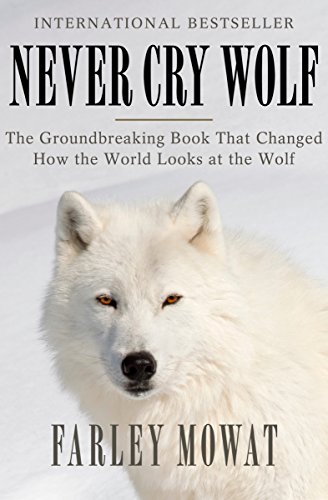
Never Cry Wolf
By Farley Mowatt
I liked this book; it was an amazingly quick read. Only after I had started it did I remember that I’d seen the movie that was based on it, back from 40 years or so ago.
The book paints a affectionate picture of wolves, trying to counter the negative perceptions of the species held by many, particularly in the hunting and ranching community. The author, a biologist on assignment from the Canadian government, goes to the sub-Arctic to live among the wolves for most of a year and observe their behavior and their predatory practices on caribou. His conclusion is that wolf predation serves to strengthen caribou herds by naturally selecting out the weakest deer, and a much bigger threat to the caribou is human hunting.
I pretty much agree with him, but the problem is that I’m not sure how much I can trust him. The book is sold as nonfiction, but as Mowatt freely admits in the preface, he doesn’t let facts get in the way of a good story. From what little I’ve read about the book, I can tell that parts of it at least are disputed in the scientific community; I just don’t know if the disputes are over the wolves’ behavior in the book or that of the author himself.
Still, it was a fun read, and I have several more books about wolves on my list for future reading.
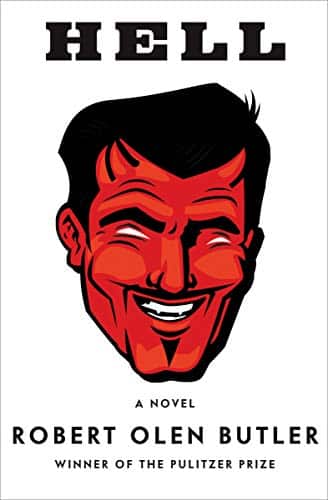
Hell: A Novel
By Robert Olen Butler
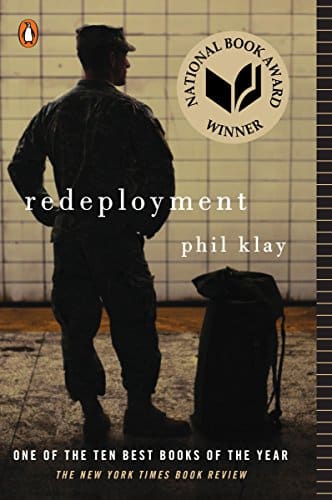
Redeployment
By Phil Klay
This short-story collection could be a companion to Jason Kander’s book, below. Each story is either set in the Afghanistan or Iraq wars, or concerns a character who has recently returned from fighting there. Every single story packs a punch, and even though there’s a lot of military jargon, you know what’s going on all the time.
I’m not usually a reader of war books, this one was on my Books From The Teens list so I gave it a try and I’m glad I did. Despite the incredibly difficult subject matter, I highly recommend this collection.
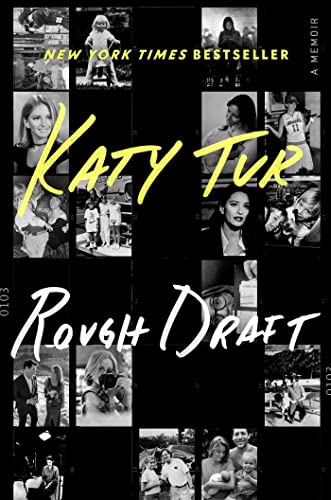
Rough Draft
By Katy Tur
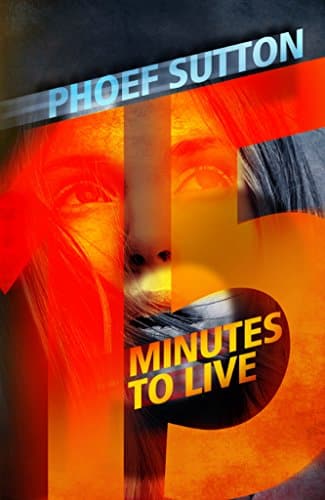
Fifteen Minutes To Live
By Phoef Sutton
I actually really liked the first two-thirds of this book. It’s a very unusual premise, which I won’t discuss as it would be sort of a spoiler, but the author pulled it off and it was a fun read. But then the last third of the book brought in a few too many implausibilities to make the plot come together at the conclusion, and that part for me felt like just another thriller/action movie type of story. On the bright side, it was a really quick read.
Love Is A Mix Tape
By Rob Sheffield
This was an enjoyable read. Sheffield is a contributor to Rolling Stone, and the music he listens to serves as a barometer for his life. Specifically, the mixtapes he made as he was growing up, falling in love, getting married and then tragically losing his wife. Lots of hidden references to song lyrics in the text; I’m sure I missed more than half of them. Because that’s the thing; a lot of the music he talks about is people or groups I don’t know anything about, and when he does talk about someone I know, he and I often aren’t on the same pages. So he loses a star for that.
Invisible Storm
By Jason Kander
Many will remember Jason Kander as the former Missouri secretary of state who ran against and almost beat Roy Blunt for Senate in 2016. After that loss, he still was considered a national political up-and-comer, and was thinking about a run for president. But this memoir isn’t about politics, but instead it’s about the reason he ended up pulling back from a political career: namely a severe case of post-traumatic stress syndrome, dating back to a relatively brief stint in the Afghanistan war.
We’ve all heard about PTSD, but I’ve never read such a detailed and enlightening personal account of it. What struck me the most was his profound feeling of guilt that he hadn’t been able to do more while over there. Then, back in the U.S. after his military career was over, the only way he could fight the ongoing stress was to throw himself into his work 1,000 percent, which of course was a detriment to himself and his family; ultimately he had to pull back from his political career and seek intensive treatment. Later, he dedicated himself to making life better for fellow veterans with PTSD.
The book is a fascinating read and one of my favorites from the year.
We Were Witches
By Ariel Gore
This was a strange book, although entertaining. It’s a starkly feminist novel, but with elements of fairy tales, shame, conservative talk radio and, yes, witchery. The protagonist has the same name as the author, and the author herself even jumps into the action herself a couple of times, as herself. At one point in the after notes, the book is referred to as a novel/memoir.
The story gets strange at times, but it holds together well. There are lots of very short chapters, so it was a pretty easy read.
Unsheltered
By Barbara Kingsolver
This book has two settings; the 1870s and the mid-2010s; the two main protagonists exist on the same piece of property in the two very different eras, and yet face a few of the same issues, both in their family life and in the surrounding community and society.
Barbara Kingsolver quickly became one of my favorite authors when I read Flight Behavior. I’ve now read four or five of her books and while this one isn’t my favorite (that would be Prodigal Summer), it’s still definitely worth five stars.
What she really does well—in addition to writing about nature, which is her forte—is convey how a conversation works. It’s much more than dialogue, of course. She captures what happens in between the spoken lines, so you know why a character says what she says, and can register the emotions or surprise that she feels when the other character speaks. That’s probably the secret of writing dialogue, for any author, but it really struck me in this book how well Kingsolver pulled it off.
Broken Music
By Sting
For a number of reasons, this book was not what I really expected, but it was a great read and worth five stars. One of those reasons is that it’s possibly the most well-written rock-star memoir I’ve ever read. That shouldn’t have been shocking, because I’ve always known that he’s a pretty intelligent guy, but still, it was a pleasant surprise. Secondly, what I’m most interested in about Sting is his career with the Police. This book, though, covers his childhood and early musical career, right up to the point where the Police have come together and released their first album, and their success was just beginning to ignite. And then, in the matter of a couple of pages—a couple of paragraphs, really, we proceed through the rest of the Police years, through their breakup with zero explanation of why that happened other than vague references to disputes over royalties, and the book is basically over. I’m sure there are good reasons why he wrote it that way—and I’m guessing that part of it is that he doesn’t want to come across as critical of his band mates. After all, he certainly came out with the most wealth and inarguably the most post-Police fame, and there’s really no reason for him to dish on the other two.
Maybe that’s his next book, but I kind of doubt it. Anyway, what he did share made for fascinating reading, and I now know a lot more about his hometown of Newcastle, England; always good to learn about another Premier League city.
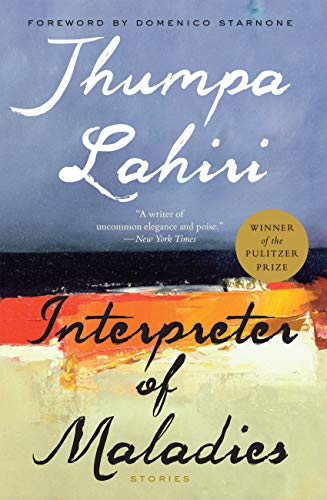
Interpreter of Maladies
By Jhumpa Lahiri
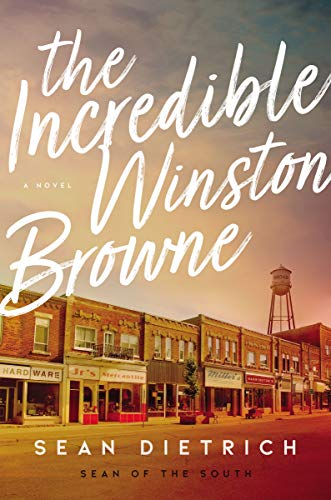
The Incredible Winston Browne
By Sean Dietrich
This was my introduction to Sean Dietrich, also known as “Sean of the South.” Read the cover blurbs and descriptions and reviews, and you’ll see the phrase “heart-warming” a lot. And it’s true, it is a heart-warming story, about a pillar-of-the-community small-town sheriff in Moab, Fla., who learns he has cancer, and decides to make the most of his remaining days. But it turns out to be a great story, too, well-plotted with even a big helping of major-league baseball thrown in.
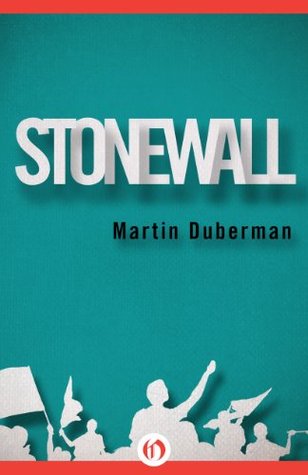
Stonewall
By Martin Duberman
This is a history of the gay-rights movement in the 1960s into 1970, culminating, not in the Stonewall riots of 1969, but in the demonstrations to mark the anniversary a year later. The narrative follows a dozen or so activists through the period to give a wide-ranging view of the movement and the constant tensions between radicals and conservatives within the various groups.
I enjoyed the book; there was a lot of history that I knew nothing about. I did find the last third or so of the book kind of dragged a little, but maybe that was just me.
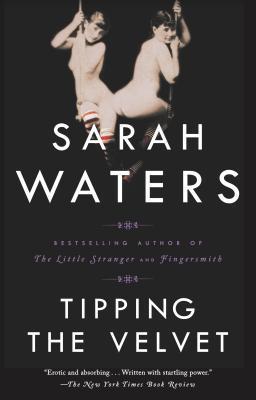
Tipping The Velvet
By Sarah Waters
If Charles Dickens had written a lesbian romance…
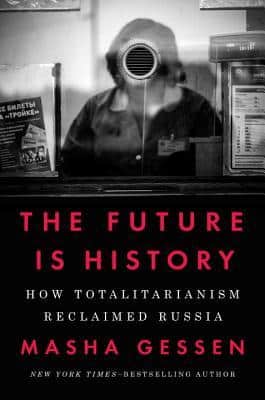
The Future Is History: How Totalitarianism Reclaimed Russia
By Masha Gessen
A bit of a thick read, this one, but interesting and enlightening. Subtitled “How Totalitarianism Reclaimed Russia,” it’s the story of recent history of the USSR/Russia, how it moved toward democracy in the late 20th century, and then fell back into totalitarianism in the early 21st century. The book does so by following the lives of several Russians from different backgrounds who came of age as democracy was on the rise, only to see their hopes for a free Russia fade under Vladimir Putin.
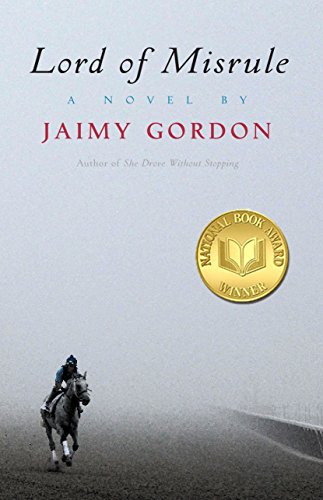
Lord of Misrule
By Jaimy Gordon
This the story about low-level horse racing, set at a West Virginia racetrack where everyone from the groomers to the jockeys to the horse owners to the crime bosses are looking for shortcuts to try to make a buck. I think it’s an ambitious book, and if I were a horse-racing fan maybe it would have gotten hold of me, but I found there were just too many barriers—the shifting points of view, the lack of quotation marks, the heavy dialect—for me to get into the story.
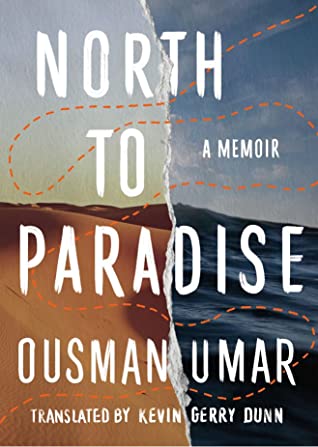
North To Paradise
By Ousman Umar
This short book is a memoir of the author’s harrowing journey, as a young teenager, from his home in the Ghana jungle to Barcelona, Spain. Relying on smugglers who may or may not be trustworthy (almost always not) to get across first the desert and then the ocean to Spanish territory, Umar successfully reaches “the Land of the Whites,” but only by virtue of a great deal of luck; many of the people he meets along the way don’t survive the journey.
The book is a quick and interesting read, both about the journey and the life he makes for himself once he reaches Spain. For me, someone who’s always been sadly ignorant of Africa’s geography, it was a nice education, and I now have a much clearer idea of the northwestern part of the continent.
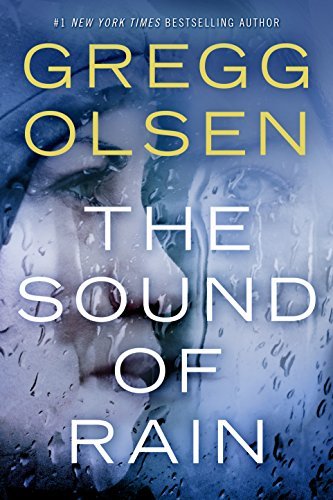
The Sound Of Rain
By Gregg Olsen
I bought several books by this author when they were on sale for Kindle a couple of years ago and I finally decided to read one of them. This was the first one of a two-book series, and I’m not sure I’ll read the second book. I’ll say this; it was a quick read, and it helped pad my reading numbers. But on the other hand, it was kind of a chore to get through it. The characters, mainly the down-on-her-luck protagonist constantly failed the would-a-real-person-do-this test, and all of the plot twists got so tangled up in themselves that by the end the story line was just silly.
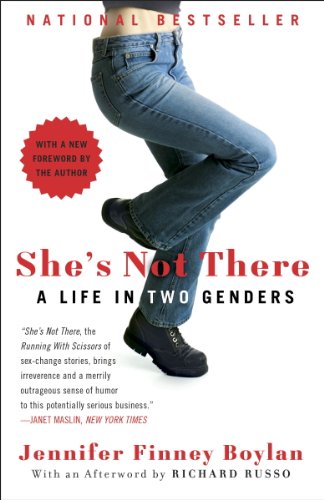
She’s Not There
By Jennifer Finney Boylan
Despite the subject matter, which borders on the tragic at times, this book packs a lot of laughs. It’s the memoir of Jennifer Boylan, who for the first half of the book is Jim Boylan. Boylan was a creative writing professor at Colby College in Maine, along with Richard Russo, who, in the course of the events described in the book, gained a national fame and a Pulitzer prize for his writing. (Russo is one of my favorite authors and it was actually through his work that I found this book.) Russo is a main character in this memoir, and the comic interplay between then provides much of its life.
As I said, though, there’s much that’s tragic about this book; in the first half, Boylan is struggling to survive as a woman stuck in a man’s body. In the second half, we can see the effects of the transition on his wife, who, although they stayed together, lost her husband in the deal. It’s a good read, especially in these times when gender identification issues are so widely argued and so narrowly understood.
Tinkers
By Paul Harding
Sure, there was some good writing sprinkled throughout this book. But I found it difficult to get through, and didn’t much enjoy the experience. There was way, way too much description and way, way too little plot. Don’t get me wrong; plot isn’t everything. But I was a third of the way into this one before I detected anything resembling a story, and the whole book, really, was kind of a mishmash of hallucinations, past and present tense, first and third person and shifting narrators. I’m sure if I read it again I’d enjoy it more, but that’s not going to happen.
The book won a Pulitzer Prize; I fear that means it’s the kind of book that students in high school and college literature classes are going to have to suffer through for decades.
At least it was relatively short.
Faster
By Neal Bascomb
Faster is a history of Grand Prix racing in the 1930s. Grand Prix is centered in Europe, of course, and Europe was getting ready to explode into another world war. Hitler saw the propaganda benefits (as well as the war-readiness benefits) of having a strong automobile manufacturing/racing program, so he poured money into the Mercedes and Auto Union teams, and the Germans looked unbeatable in the late 1930s. But a French manufacturer, backed by an American millionaire and with Jewish driver, set out to beat the Germans, and the result is a fascinating read about both the rise of fascism in Europe and the passion for motor sports.
This is the second Neal Bascomb book I’ve read; the other was The Perfect Mile, a similarly gripping account of the quest by Roger Bannister and others to run the first sub-four-minute mile.
Our Endless Numbered Days
By Claire Fuller
I read Claire Fuller’s Swimming Lessons a few years ago and loved it, so this one has been on my to-read list ever since. I enjoyed it and sped through it, but there were a few things that I felt could have been developed a little bit more so for me it falls just short of a five-star rating. It was a fun read, though, and I look forward to reading Fuller’s other two (so far) novels.
Devil In The Grove
By Gilbert King
This was primarily the story of the trials of four black men falsely accused of raping a white woman in Groveland, Fla., in 1948, with the NAACP stepping up to the defend the men and the KKK fighting alongside Lake County’s corrupt sheriff, Willis McCall, to kill them as quickly as possible and by whatever means possible. It’s also the story of Thurgood Marshall’s rise in the NAACP and its associated Legal Defense Fund, fighting this case—and others like it—in criminal courts while simultaneously working on anti-segregation cases that would ultimately become Brown vs. Board of Education.
This is one of those books that is well-researched and well-written, but difficult to read.
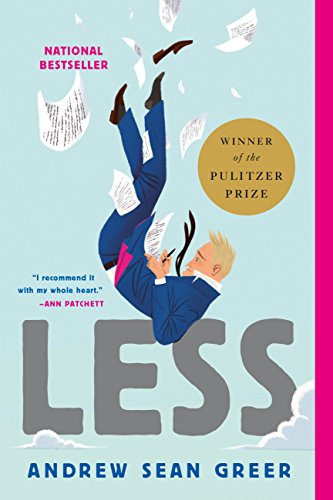
Less
By Andrew Sean Greer
So this was a rarity: a comic novel that was actually funny.
It’s the story of Arthur Less, a middling author who is turning 50. A former lover—for whom Arthur is still carrying a torch—is getting married to someone else, and rather than deal with the emotions of the wedding, schedules a series of speaking and teaching engagements that will take him around the world so he has an excuse for not attending the ceremony. Exceptionally well-written, with the exactly correct proportions of flashbacks, self-deprecation and compassion, it was a nice read.
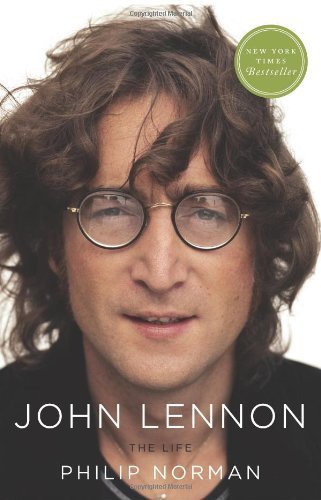
John Lennon: The Life
By Philip Norman
This was an extremely comprehensive (822 pages) look at Lennon’s life and career, by the author of Shout!, the history of the Beatles that we all read in the 1980s. It doesn’t get into the technicalities of the music like the last Beatles book I read (Can’t Buy Me Love, by Jonathan Gould, which I read just over a year ago [I don’t mind making a habit out of reading a Beatles book every year or so; there are certainly enough of them to fill up the remaining years in my life]), but it definitely captured the feel of the Lennon-McCartney magic.
I give the book five stars, but I have to ding it for one thing. There were lots of clumsy attempts at foreshadowing Lennon’s eventual death. And I’m not even sure “foreshadowing” is the right word, but, for instance, early in one of their first trips to New York, the author describes them visiting Central Park, and says that across the park is the Dakota, and Lennon has no idea that one day he will live, and die, there. An author can get away with that one time; do it twice, and it becomes a bit much. I counted at least a dozen instances of that in this book, of Lennon’s future untimely murder looming up over something he’s doing or experiencing earlier in his life.
Still, though, it’s a great account. Yoko Ono initially gave Norman her blessing to research and write it, but ultimately she didn’t like it, saying the author was “mean to John.” (He wasn’t.)
I thought one of the best parts of the book was the postscript, which is an interview with Sean Lennon, who, honestly, I still think of as 5 years old because that’s how old he was when his father was murdered. But of course he’s an adult now, and in the interview, his continuing pain at the untimely loss of his father seeps through every word. We all thought we suffered a great loss when Lennon was killed, but it was nothing compared to what Sean and Yoko had to deal with.
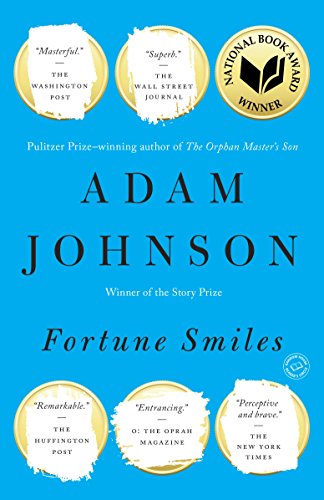
Fortune Smiles
By Adam Johnson
I read a lot of short stories. Generally, when I finish a novel or a nonfiction book, I’ll read a few short stories before going on to the next book. So ordinarily I wouldn’t put a collection of short stories in here as a “book.” But in this case, Fortune Smiles won a National Book Award in 2015 and therefore is on my “Books from the Teens” reading list, so I’m counting it.
And I’m here to tell you, it deserved that award. The book is 321 pages, and there are only six stories in it, so you can see they’re pretty long, as “short stories” go. And every one of them was as fully realized as any novel I’ve read lately.
They’re not exactly easy stories to read, in terms of subject matter. There’s a husband navigating through his possibly suicidal wife’s crippling disease, a former East German prison warden confronted with—and still in denial about—the torture that went on in the prison, even a pedophile trying to reform himself. My favorite story, one of the best short stories I’ve ever read, was “Interesting Facts,” about a woman dealing with the effects of metastatic breast cancer.
So yeah, not stuff you’d read aloud to your children. But there’s some brilliant writing in there, and I’m looking forward to reading the rest of what Johnson has written. His “The Orphan Master’s Son,” in fact, won a Pulitzer in 2013, so it’s also on my reading list. I’ll get to that one in 2022.
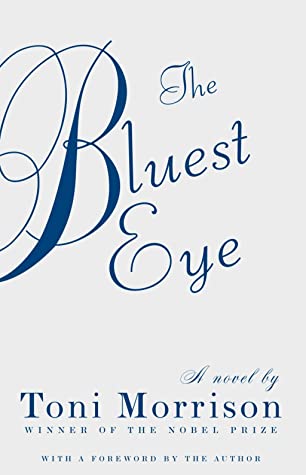
The Bluest Eye
By Toni Morrison
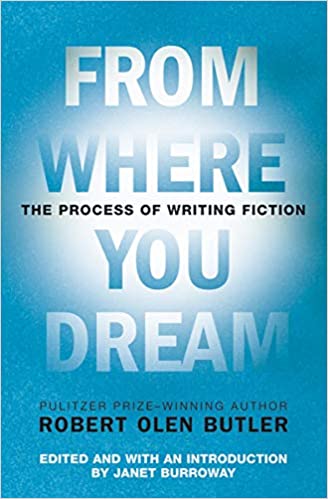
From Where You Dream
By Robert Olen Butler
After I finished reading Jonathan Franzen’s Crossroads in less than two weeks, I needed to get into something else fast, as an antidote, or maybe to just help me come down. Certainly not fiction (ordinarily when I finish a book I read some short stories as a breather before I start the next book, but this time I needed something radically different). But nothing in the nonfiction shelves of my Kindle interested me either. But ah, a writing book. Franzen always stimulates me to want to write, so I figured I’d jump into some writing craft, just to get my head out of Crossroads (which wasn’t a bad place, mind you; I just needed a comedown).
So I found this book by Robert Olen Butler. I’ve read a lot of his stuff and always liked him, but it had been a while since I’d read one of his books.
This one was an odd little book, though. First of all, it turns out, he didn’t write it; instead, it was taken from his lectures at Florida State University, where he teaches writing. (Butler “will not set nonfictional pen to paper,” writes Janet Burroway, who transcribed and edited the lectures, wrote an introduction, and got a co-author credit). And a fair amount of the book consisted of material from the writers in the class, followed by his critiques of them. It was interesting, and the critiques were somewhat helpful to the overall thrust of the book, but just kind of strange—almost like filler to stretch it out the material and bring it up to book length (it was still short, at 211 pages).
And while I like Butler, and I like Franzen, I doubt that Franzen’s writing process is much at all like Butler’s. Butler would have you approach a book project by spending a length of time in “dreamspace,” a meditative state where you let your subconscious work on the story you’re developing. There’s no writing during this time, and only the barest amount of note-taking or outlining. Franzen, on the other hand, I’m guessing (I don’t know anything about his process), spends a great deal of time outlining and making character and plot notes.
But anyway, this isn’t a review of Franzen’s book but of Butler’s. On the whole I liked it, but I would have preferred more time with the lectures and less time with the student work.
Crossroads
By Jonathan Franzen
Full disclosure, I was a classmate of Jonathan Franzen’s in both Sunday School and high school, although we were running in different circles by the time we were in high school. We were also together in Junior Fellowship, which was our church’s junior-high-school youth group. I dropped out before the high school version, called just Fellowship, which was obviously the inspiration for the Crossroads group in the book.
So, with that said, I loved this book, and I can honestly say I would feel the same even if I hadn’t known the author.
Franzen supposedly said in an interview that he was “kinder” to the characters in this book than in previous novels. To be honest, I didn’t see a whole lot of evidence of that. The characters in all of his books are deeply, maybe even hopelessly flawed, and that hasn’t changed this time around. But character flaws make for great fiction, right?
Where this book was especially brilliant was at the end of the sections where the point of view changed; many of those sections ended with tantalizing hooks that kept you reading the next section and eagerly looking ahead to when the POV came back around to that character.
As always, a great read from Franzen.
Peril
By Bob Woodward
And Robert Costa
This book is about the last few months of the Trump presidency, and the first few months of the Biden presidency, although the early portion of the book reaches way back to the 2016 election and the steps that led to Biden’s decision to run (hint: Charlottesville). If you follow the news closely, you know most of what’s in this book already, although it’s interesting to hear it, in quotes, from many of the players. What’s new in this book has mostly been reported in the media by now.
I’m torn between giving it three stars or four stars. I’d go 3-1/2 if I could. What tipped me toward the lower number, though, was the last part of the book, which was pretty much an endless monologue from Lindsey Graham. One can only take so much Lindsey Graham.
The Friend
By Sigrid Nunez
Well, that was kind of different. There were things that bothered me about the book that I can’t really go into because they could be spoilers. And there were times when it seemed to fly off the rails into completely unrelated territory, sort of stream-of-conscious writing. And yet there were parts, many parts, that were just brilliantly written So I’d say 3-1/2 stars, rounded up to 4 because I liked the second half of the book better than the first.
There’s a lot in this book about dogs, in particular a great Dane. And there’s a lot of writing about writing. It’s also a pretty short book, so even though I was feeling lost in it a time or two, I always found my way fairly quickly.
All of which probably isn’t very helpful as a review, I guess, sorry.
Barbarian Days: A Surfing Life
By William Finnegan
I’m more or less mesmerized by ocean waves, so when I saw this book—a Pulitzer Prize winner for autobiography in 2016—I figured it would be a good read. I was right. I started it not knowing anything about the author; I assumed he was some kind of surf pro who, if I paid attention to that stuff, I would have known about. But the book was surprisingly well-written for a surfer dude, and when I was about a third of the way into it I decided to figure out just who this writer is. Turns out Finnegan is a staff writer for the New Yorker; surfing was just an avocation, so to speak, never his vocation. The book, as the subtitle denotes, is a memoir of his surfing life.
Which has been quite a life. The pursuit of perfect waves has taken him all over the world, and his descriptions of shorelines in Australia, Indonesia, Hawaii, South Africa, San Francisco, Madeira and even Long Island—and the differences between them—make for fascinating reading. And I write this as someone who a) would probably fall off a surfboard if it was lying in the sand and b) knows very little of the lingo involved (pointbreak, double-overhead, etc. [although I can imagine a two-wave hold-down, and I don’t like the sound of it]); I accept that I’m never going to be able to surf with any skill at all. I’m left, then, with watching big-wave videos on YouTube and reading books like this one. I’m fine with that.
Which isn’t to say this book is all about surfing; the underlying story is of a man who has grown up in a wide variety of cultures, developing a writing career while pursuing a surfing passion. Like all good nonfiction books, the narrative reads like a novel. It’s a somewhat long book (448 pages), but I enjoyed all of it.
A Visit From The Goon Squad
By Jennifer Egan
It was a decent read, but to be honest it didn’t really resonate with me. I didn’t write a Goodreads review after I finished it, and now, as I write these words a couple of months later, I can’t really remember much about the book at all.
Washington: A Life
By Ron Chernow
It took me forever to finish this one, but it was a good read. This was a comprehensive look at Washington’s life, start to finish, not sparing any blemishes.
Two things that struck me the most were: 1) the politics at the birth of the United States were just as rough-and-tumble as they are now. For example, it didn’t take long for Washington and Jefferson to become bitter rivals. And the media had the same fan-the-flames effect as today. 2) George and Martha Washington, although supposedly harboring abolitionist sentiments, held hundreds of slaves, and apparently never really understood the contradiction. Nor did they understand why “their” slaves would want to escape.
The Underground Railroad
By Colson Whitehead
This was a harrowing, infuriating and exhausting read. Also an entertaining one. I generally liked the story, but I was puzzled throughout by the choice to make the Underground Railroad an actual underground railroad.
The Mysteries of Pittsburgh
By Michael Chabon
Great characters, a strange plot that I found just a little hard to keep up with sometimes. And a bang-up first sentence: “At the beginning of the summer, I had lunch with my father, the gangster, who was in town for the weekend to transact some of his vague business.” That sentence pretty much set up the book, which takes place over the course of that summer, with the gangster father floating in and out of the story.
Fire Season: Field Notes from a Wilderness Lookout
By Philip Connors
Lately, I’ve been entranced by books about nature, and this one was a nice addition to my growing list of five-star books from that category. The author works summers as a lookout in a fire tower on Apache Peak in the Gila Wilderness area in southern New Mexico. It’s an existence of near-total solitude, with only his dog and, every few weeks, a couple of days off when he can go down the mountain and spend time with his wife. The rest of the time, he’s either up in the tower, watching for “smokes,” the first signs of forest fires, or in bare-bones cabin at the base of the tower, or hiking in the pristine forests of the Gila. There’s a lot of history of how the Gila came to be the nation’s first wilderness area, plenty of homage to other writers—like Norman McClean and Jack Kerouac—who also spent summers as lookouts, and a healthy examination of the U.S. Forest Service’s evolution on the question of whether to fight natural forest fires. Connors is a former editor at the Wall Street Journal, so he knows how to write and to organize his story. It’s definitely a good read if you’re interested in forests and wilderness.
All the Light We Cannot See
By Anthony Doerr
I loved this book. I sort of didn’t want it to end. It’s the story of a blind girl who has to leave Paris with her father during the German occupation, and a German boy who turns out to be a genius with radios who gets pulled into the war effort. Of course their stories come together over the course of the story, but in a sense there are connections between them throughout.
The language is cinematic, and the story is certainly epic in scope, but I sort of hope they never make a movie from it. Maybe, maybe, a miniseries could do it justice, in the right hands. I have a feeling this one’s best enjoyed as a book, though.
It was 532 pages, but it seemed like a quick read, in part because those 532 pages contain 178 chapters. I’m a big fan of short chapters.
Incident at Big Sky: The Inside Story of the Search for Two Savage Killers in Montana
By Johnny France and Malcolm McConnell
This book is about the manhunt in the Montana mountains near Big Sky Resort following the 1984 kidnapping of a woman and murder of her would-be rescuer.
It was an interesting story, particularly for me as I’ve been to Big Sky a couple of times (absolutely beautiful country), and it is told with a lot of tension and drama. But I have a couple of problems with the points of view.
First, the woman—biathlete Kari Swenson, who was running in the mountains as part of her training for the Winter Olympics—is not heard from after the first chapter, which chronicles her kidnapping by two mountain men who wanted to make her “their woman.” Her parents make an appearance later in the book, but not in a favorable light. It would have been nice to read at least something about the progress of Swenson’s recovery.
Second, the book is written (with a credited co-author) by France, who was the sheriff of the county heading up the manhunt. But it’s told in the third person, which is just a very odd way to go about it. I mean, I have no doubt he was a hero in the story, but boasting in third person seems so much worse than first-person boasting.
I’ll be generous and give the book four stars, but it cries out for 3-1/2.
How to Write a Sentence: And How to Read One
By Stanley Fish
Every once in a while I’ll pull out a book about the craft of writing, in hopes I can learn something and make myself a better writer. Generally, I don’t have very good luck, and this one didn’t break that mold. The title promised a comprehensive look into the structure of sentences, which are, in turn, the structure of all writing. And that made up the first chapter or so. Then the author (whose name was just about the best part of the book, just sayin’) attempted to describe a few types of sentences that he categorized, such as “the subordinating style” or “the additive style,” and then picked out a few of his favorite sentences from classic literature to examine them. The problem, for me, is that sentences can’t really be separated from the surrounding prose. If a selection of prose is good, it’s not because of the individual sentences, but because of the overall writing style of the whole piece.
And Fish’s analysis of the sentences he chose was often way overblown, assigning much more emotion and drama to specific words and even sounds of letters than a normal reader would take from a given piece.
On the whole, I got through it, but I’m not sure I really learned anything.
Theft
By BK Loren
I really enjoyed this book. It’s the story of a woman who is skilled at tracking animals, and she keeps track, as much as possible, of a pack of endangered wolves near her home in New Mexico, in an effort to protect them from an overzealous wilderness agency. When her brother—living near where they grew up in the Colorado mountains—confesses to a murder and then flees into the woods, she is called on to track him, in hopes of bringing him in alive. The story stretches back to their youth, growing up together and their mother’s battles with Parkinson’s, but the theme of the book revolves around the supremacy, beauty and sometimes ferocity of nature. In that, it reminds me of Barbara Kingsolver, one of my favorite authors.
My only complaint about Theft was that it was maybe too short. It clocks in at 215 pages, and I won’t say it was too short for the story it told, but I would have happily have continued reading if I could have.
On Spice
By Caitlin PenzeyMoog
Following our recent kitchen remodel, I’ve been trying to learn how to cook. I figured this book would be a good resource. And I was right! It’s an entertaining read—for instance, the words vanilla and vagina share the same Latin root—and I definitely learned a lot about how to think about spices, but I’m not really to the point where I can put that to practical use.
If I have any criticism, it’s that some of the descriptions of particular spices are perhaps a little too general; I could have used more specific examples of recipes for each one. Still and all, it was a fun read, and it will serve as a good basic resource.
By Richard Brautigan
Somehow I had gotten the impression that Trout Fishing In America wasn’t really about “trout fishing,” so much as it was about “America.” Some review or essay about it made it sound like it was some avant-garde, experimental, fun piece of writing, and I sort of had the idea that it might offer the same kind of revelatory reading experience that I got when I read Even Cowgirls Get The Blues back in my much younger days.
Well, maybe it’s experimental and different in its own way, but it actually WAS quite a bit about trout fishing. And if I wanted to read a book about trout fishing, I think I’d rather reread A River Runs Through It.
I’m not a fan of fishing of any sort. If I’m going to be out on a body of water or stream on a nice quiet day, I’d rather be a) going for a walk, b) taking pictures or c) reading a book. If I’ve got my hand occupied with a fishing pole and everything, I’m going to count that as a waste of time.
And don’t try to tell me that fishing is a sport. As some wise person whose name I can’t remember said, “it’s not a sport if one side doesn’t know they’re competing.” And even if it were a sport—which it’s not—I’d be rooting for the fish.
All of this, of course, has nothing to do with the book Trout Fishing In America. But since, as far as I could tell, the book didn’t really have anything to do with whatever it was about, I think this is an entirely appropriate review.
By Barack Obama
Loved this book. Very long and policy-heavy, but that’s exactly what you would expect. Obama goes into great detail about the major issues and policies of his presidency (actually just the first 2-1/2 years; the rest will come in a subsequent volume), describing the lengthy, process-driven debates over how important decisions were made. Every page, it seems, is set up as a contrast to the subsequent administration, in which thoughtfulness was shunned and impulsiveness ruled.
Of particular, timely-as-I-write-this interest, was the fight over the economic recovery bill in the opening months of Obama’s administration in early 2009. Faced with a dire economic crisis, the Obama team bent over backwards to try to accommodate the wishes of the other party, but in the end the bill—even though it was scaled back from what the experts said was needed—passed with only Democratic votes. The process was much like the current debate in the new Biden administration over the COVID relief bill, and sadly, the cynicism in Congress has only increased over the last 12 years.
If you’re interested in politics and government, I think presidential memoirs are required reading. In this case, I’d say especially so.
Animal Dreams
By Barbara Kingsolver
Before I’m finished here, I hope to read every book this woman has written.


